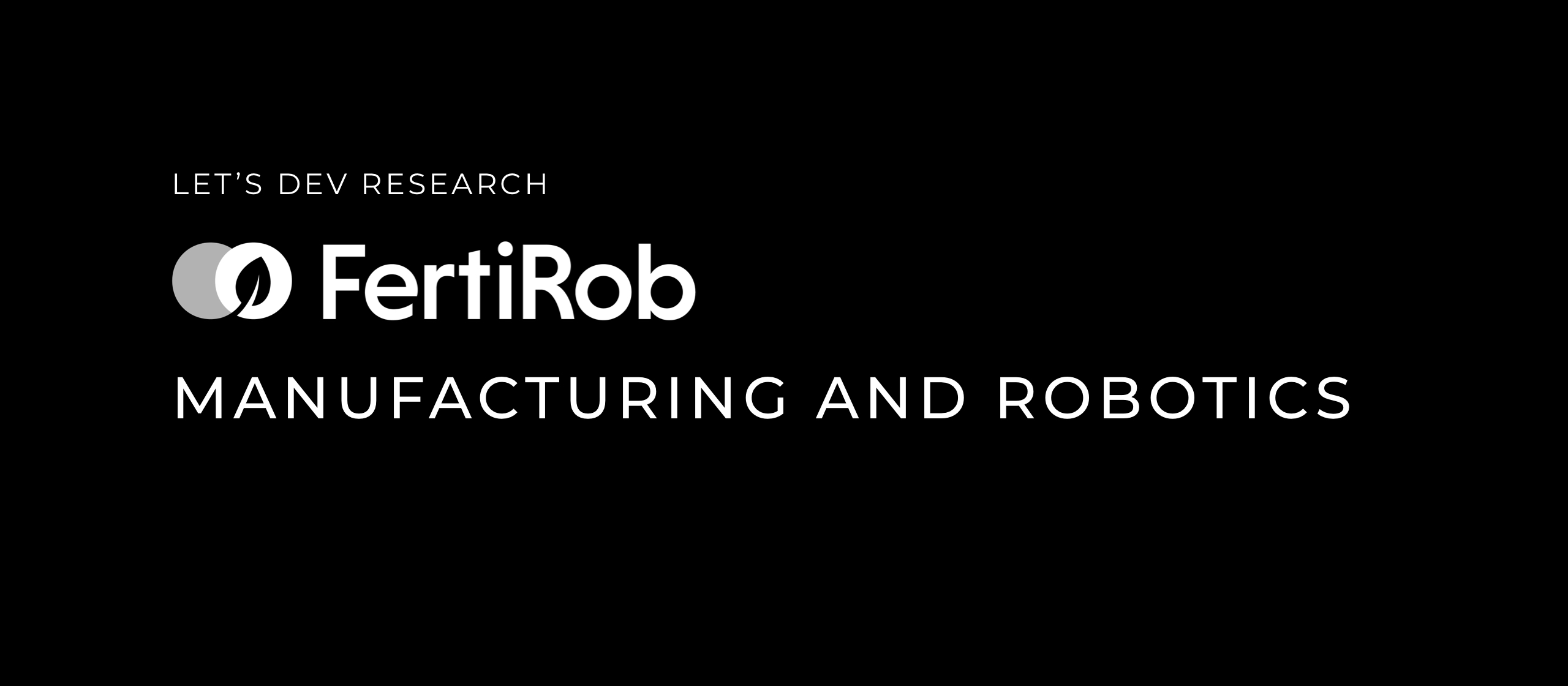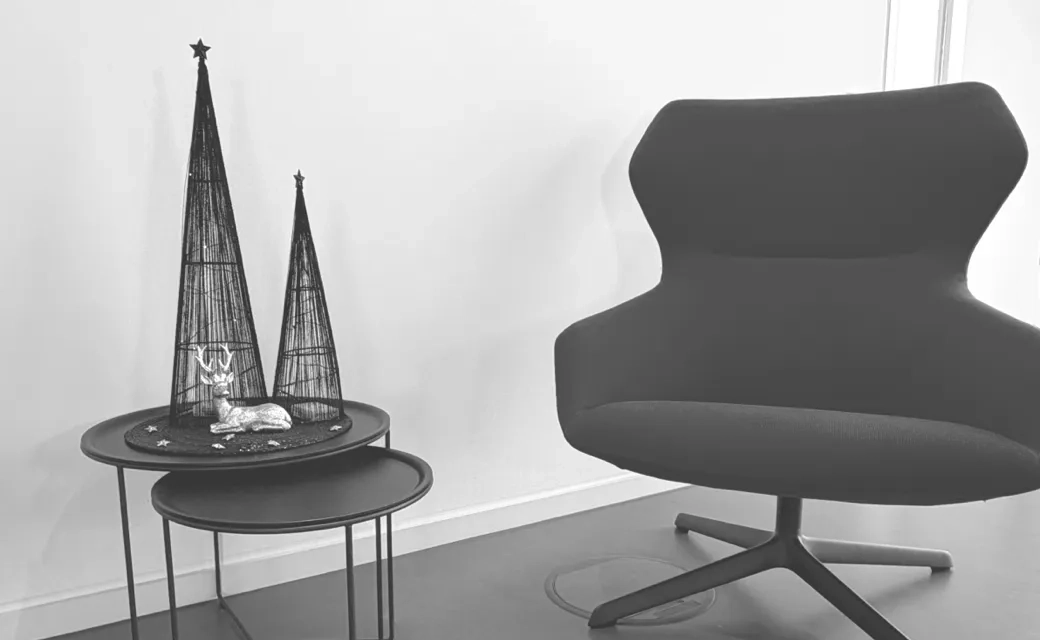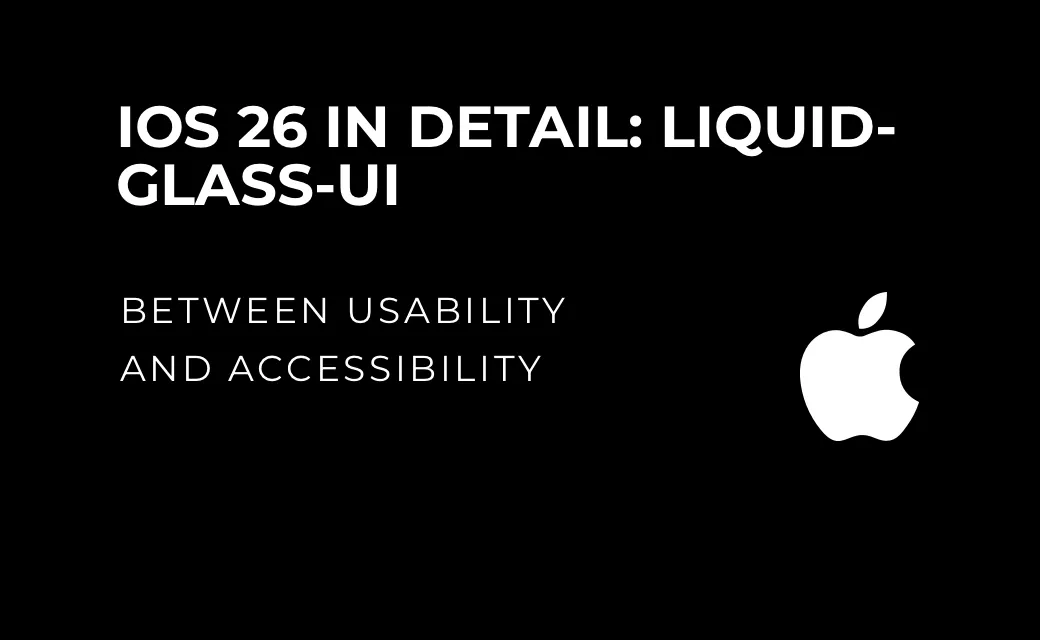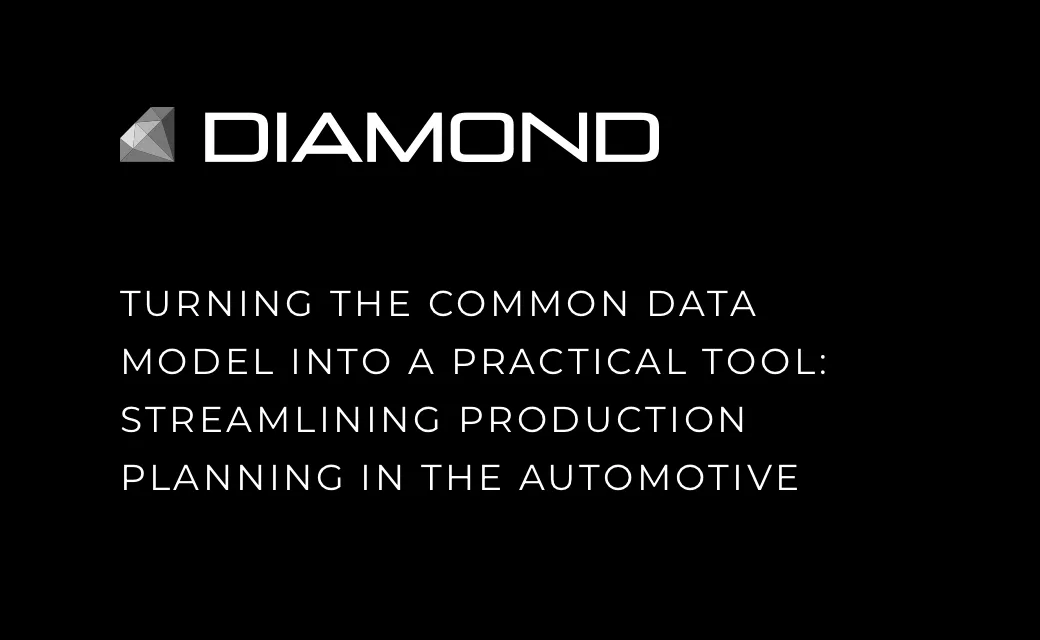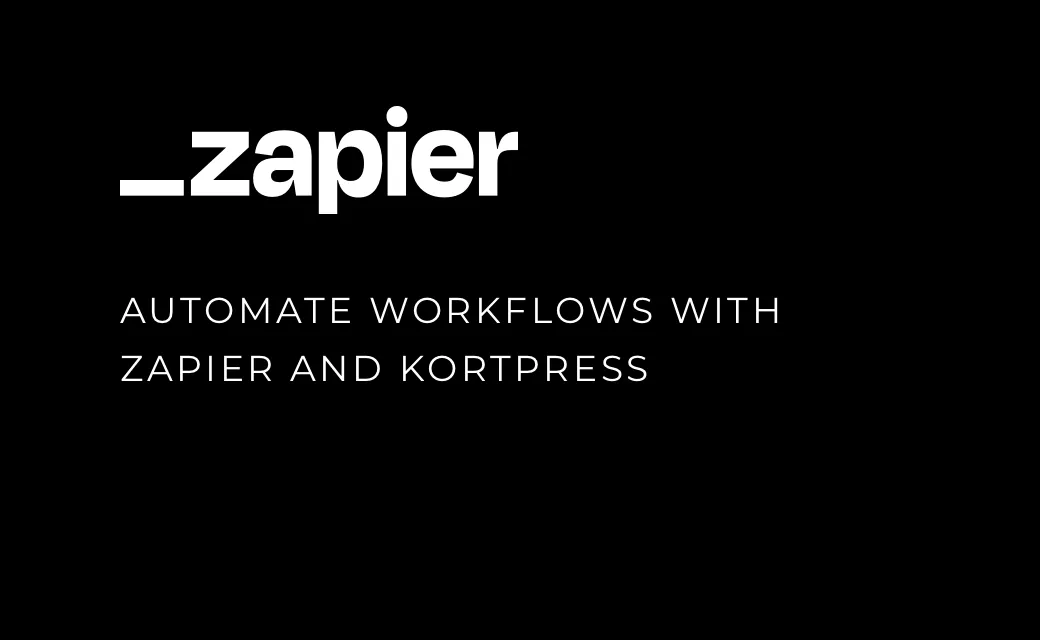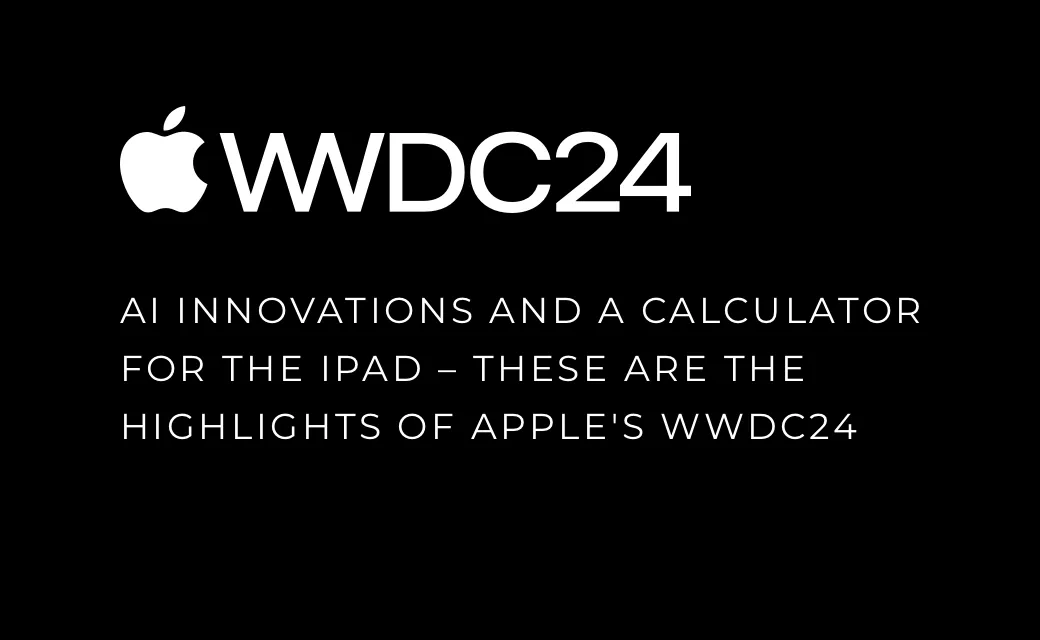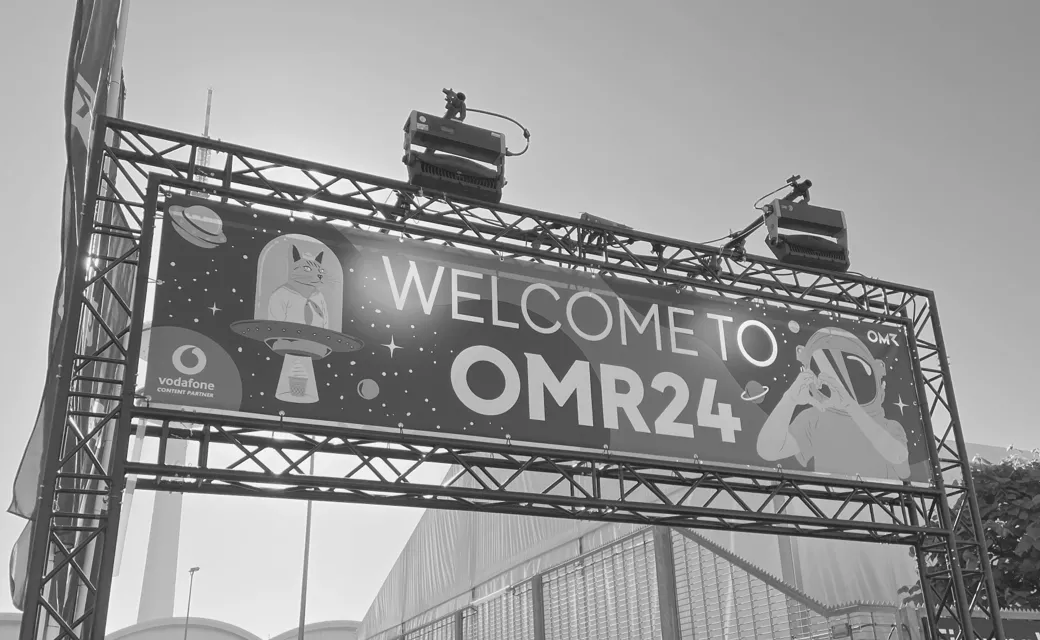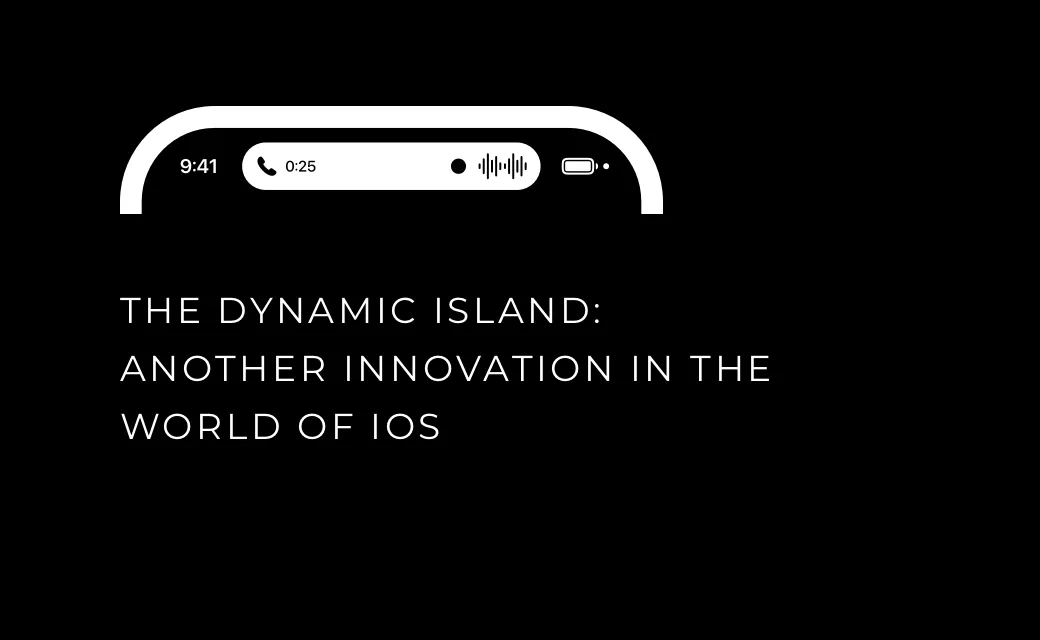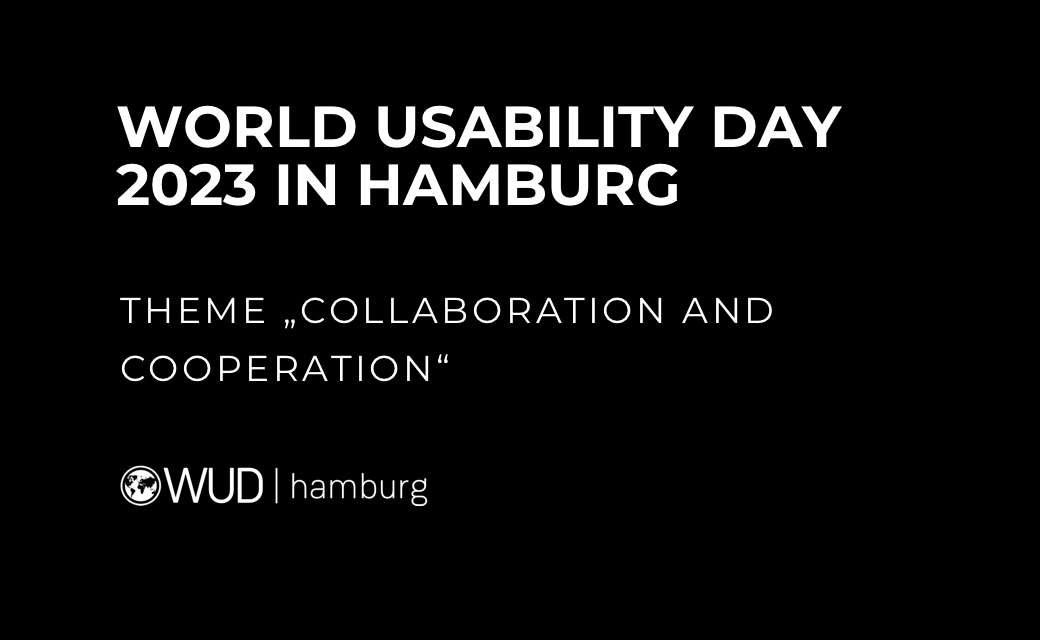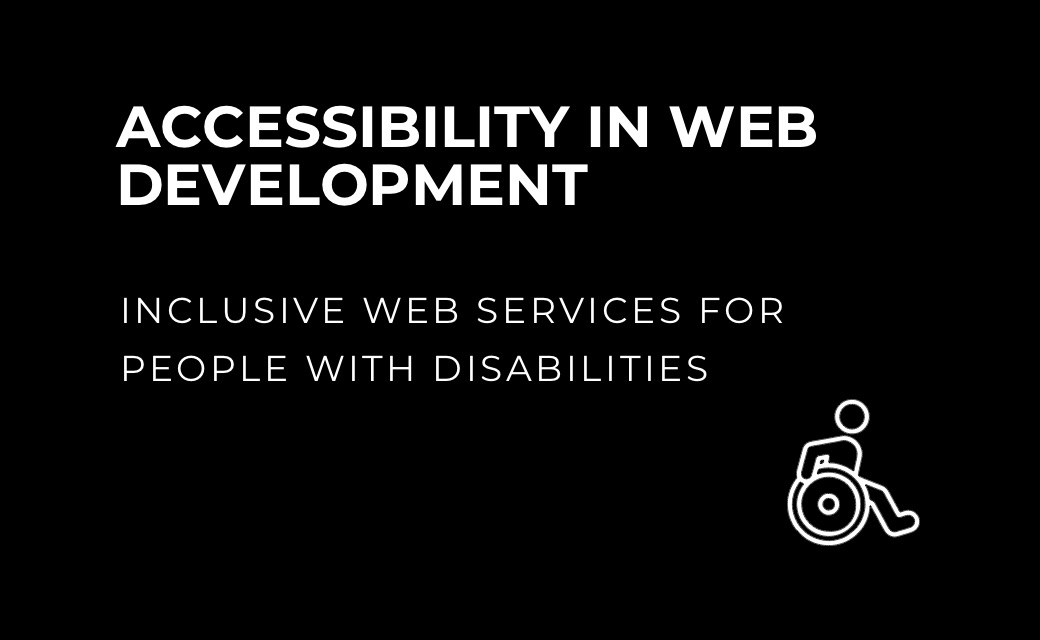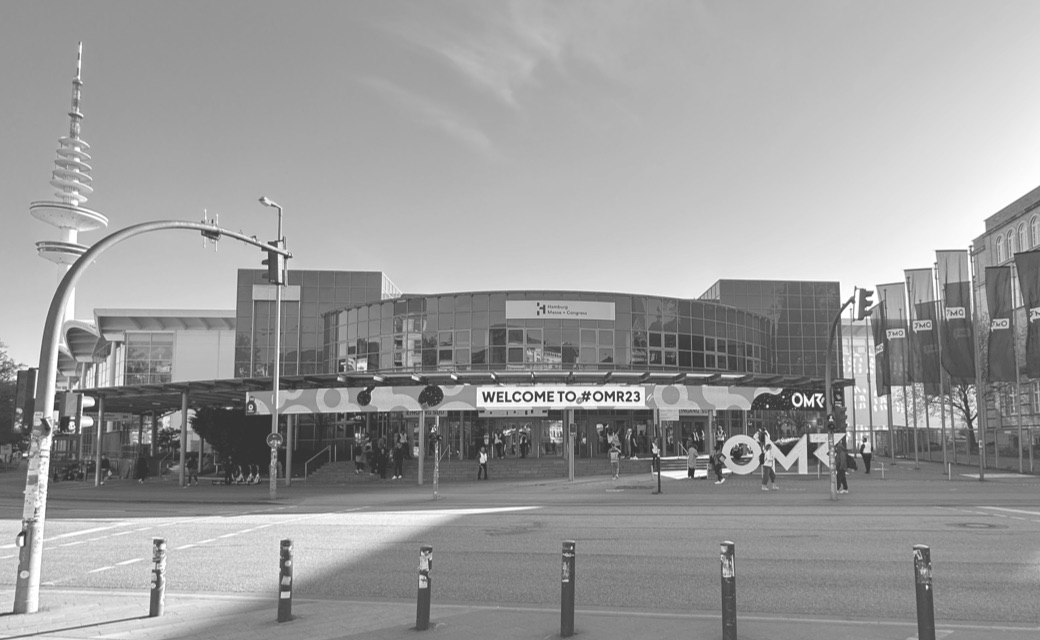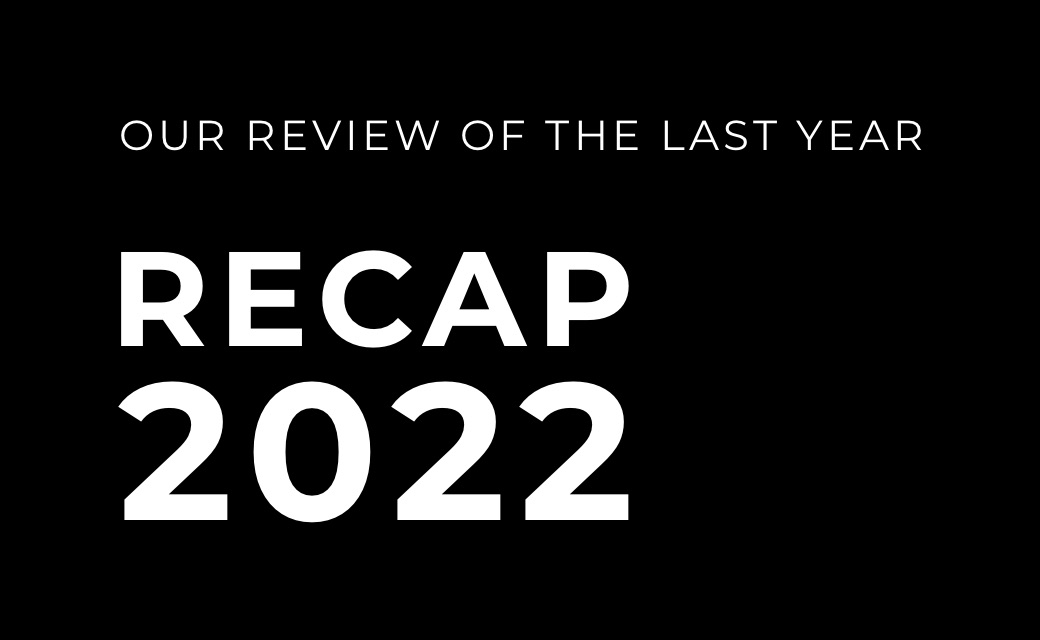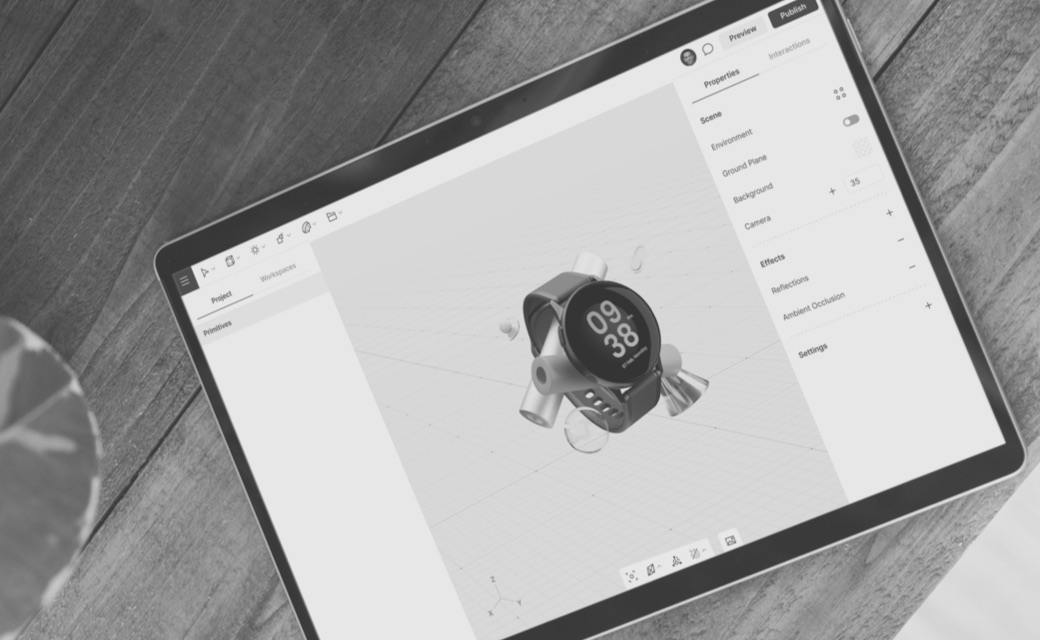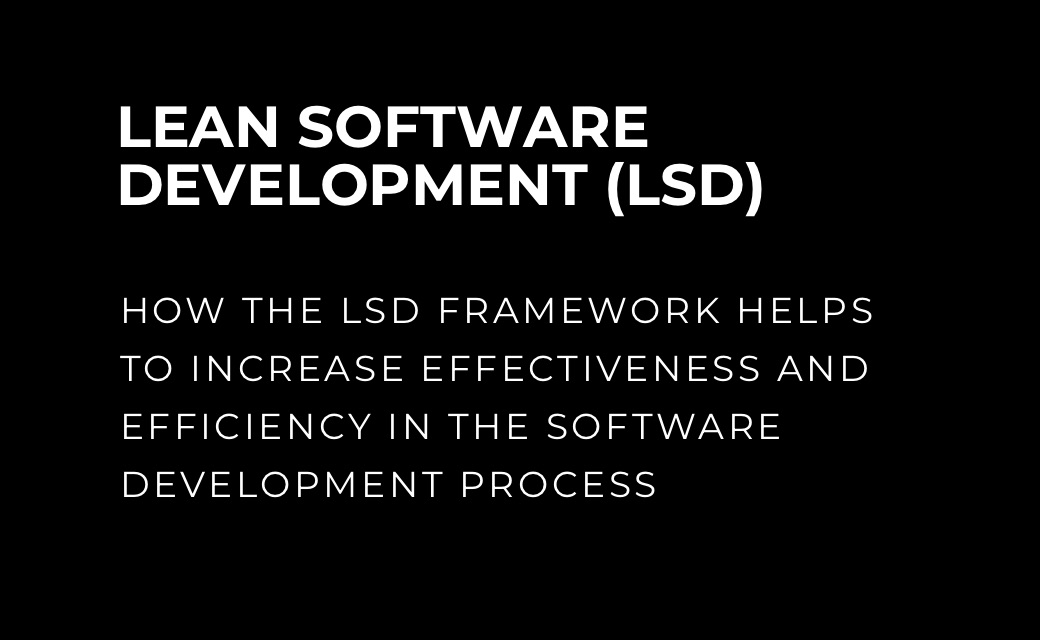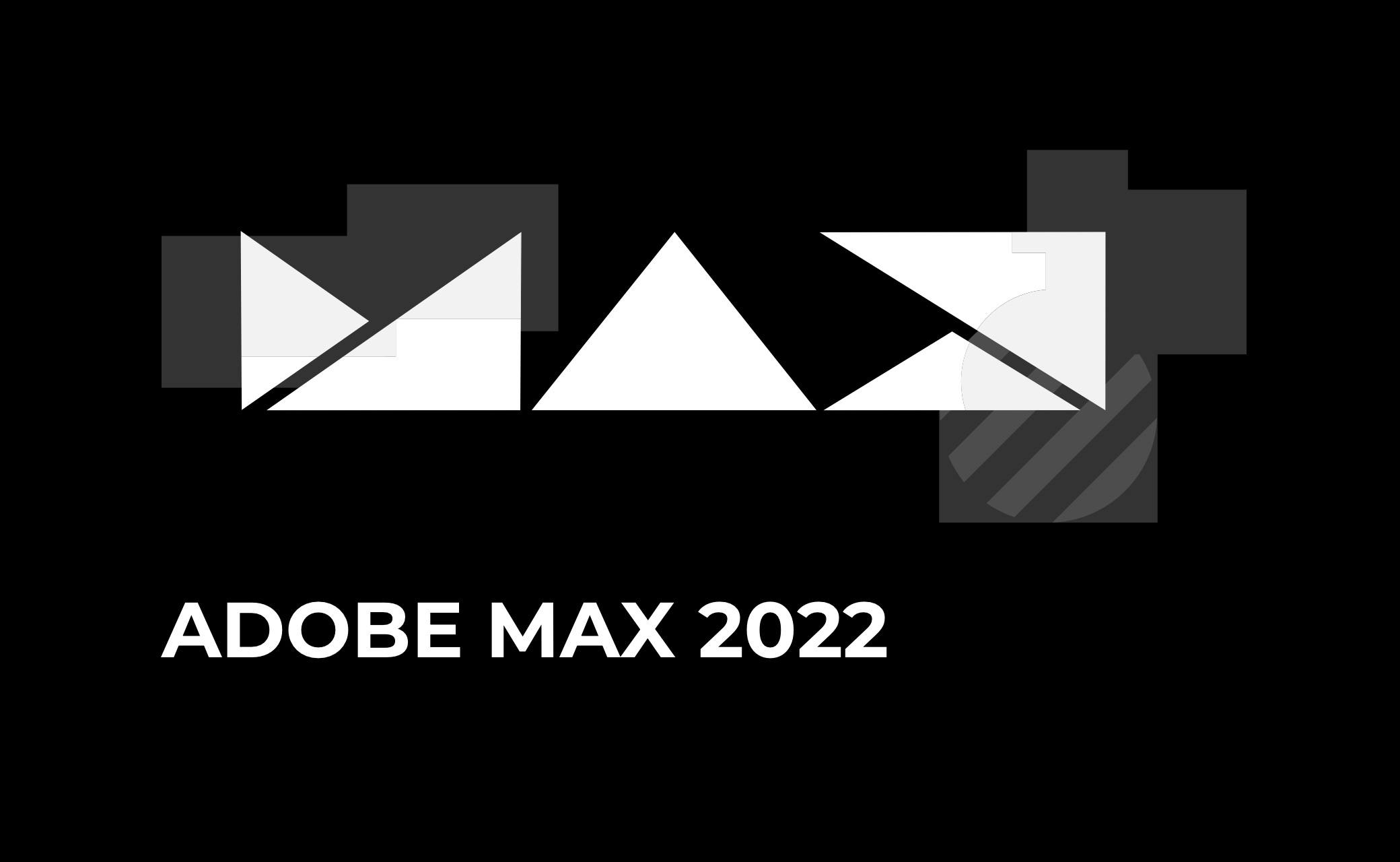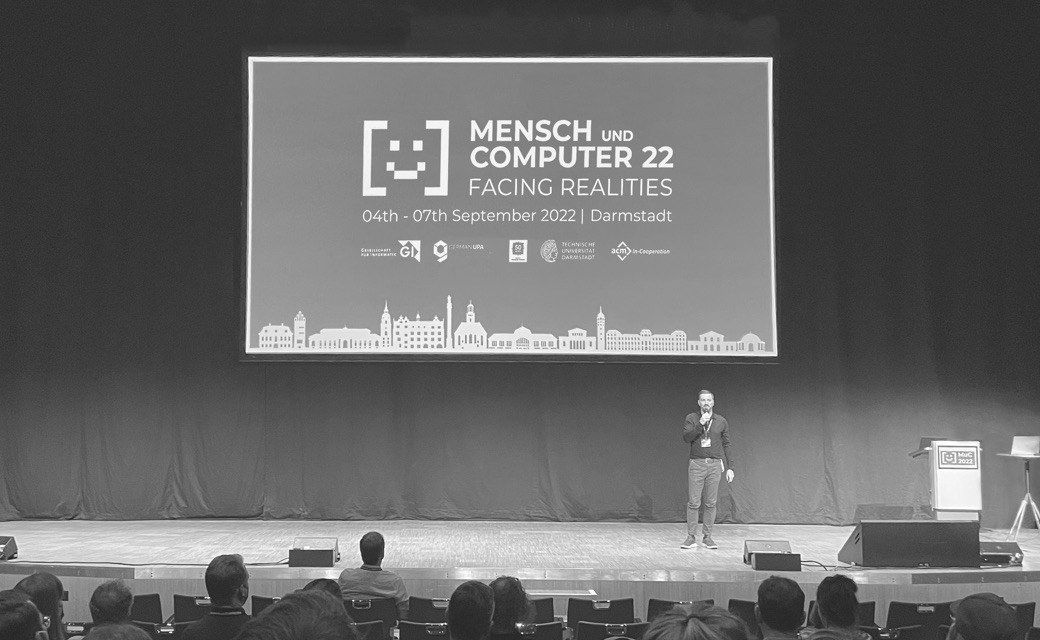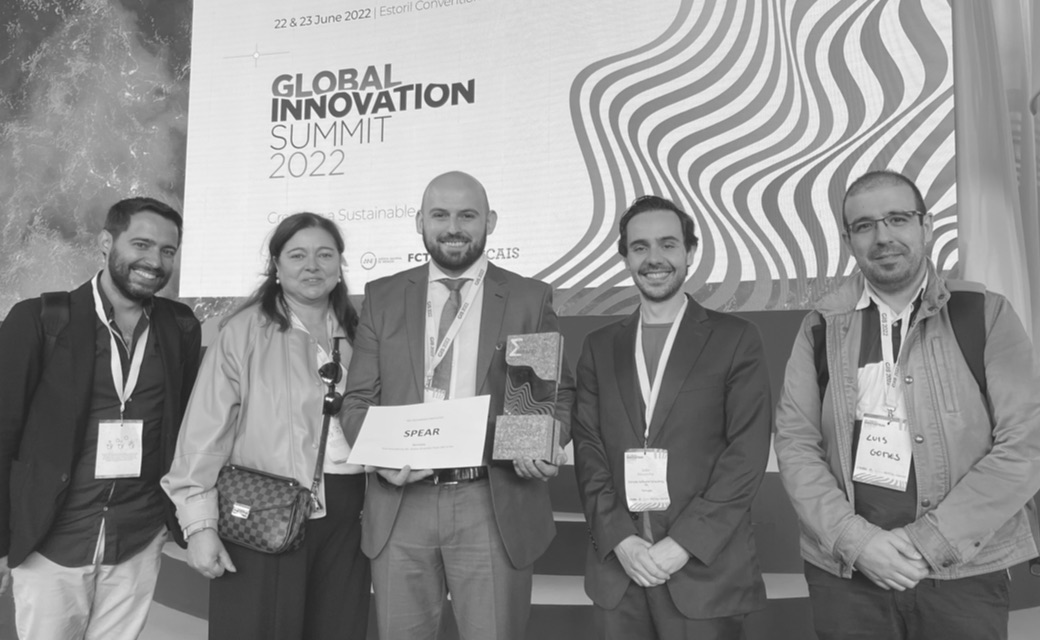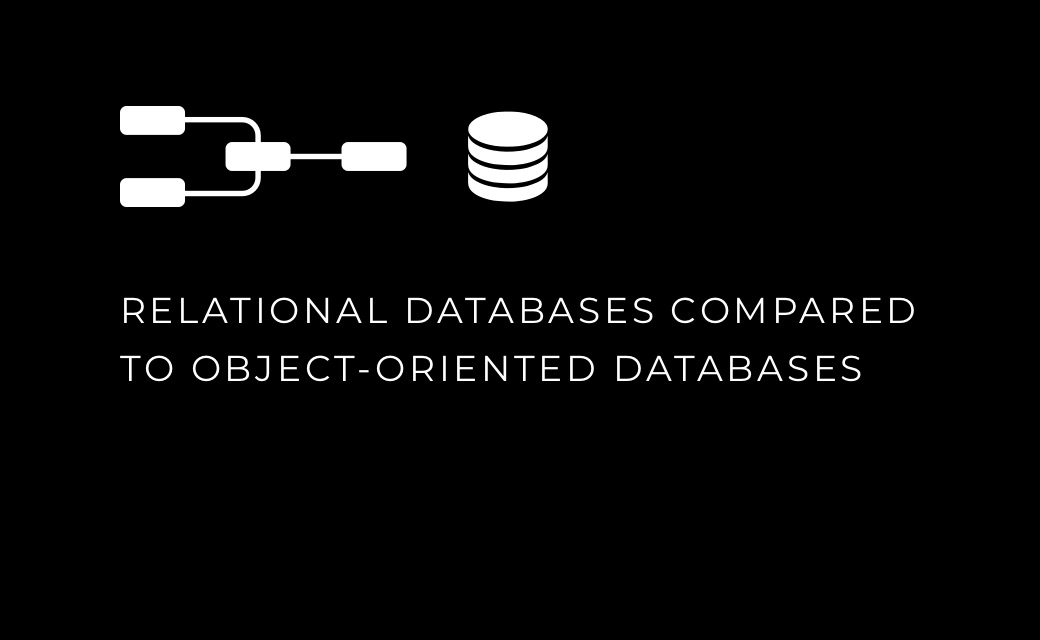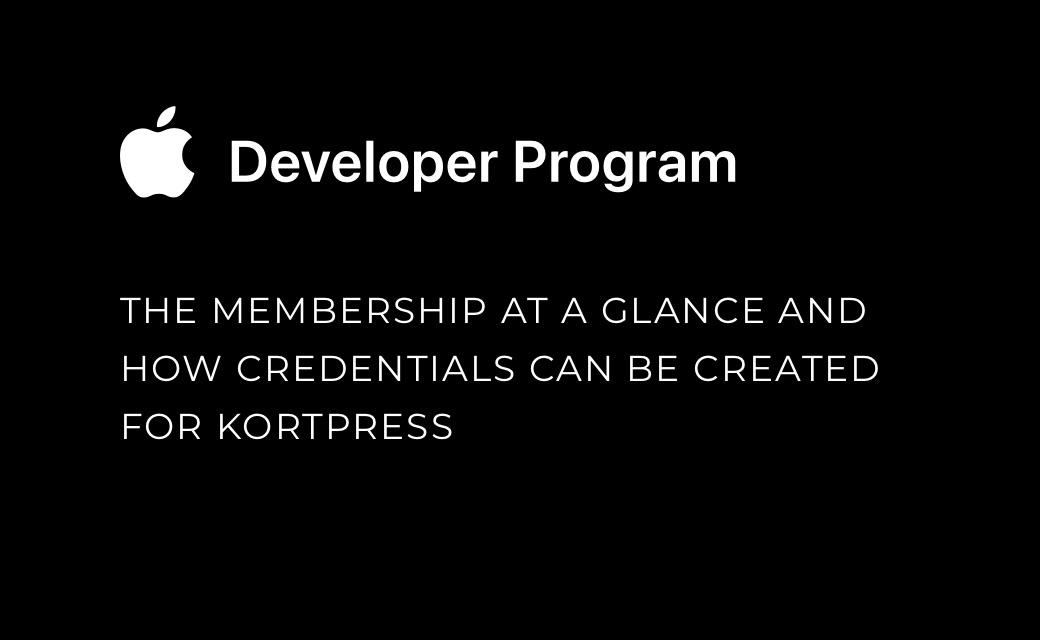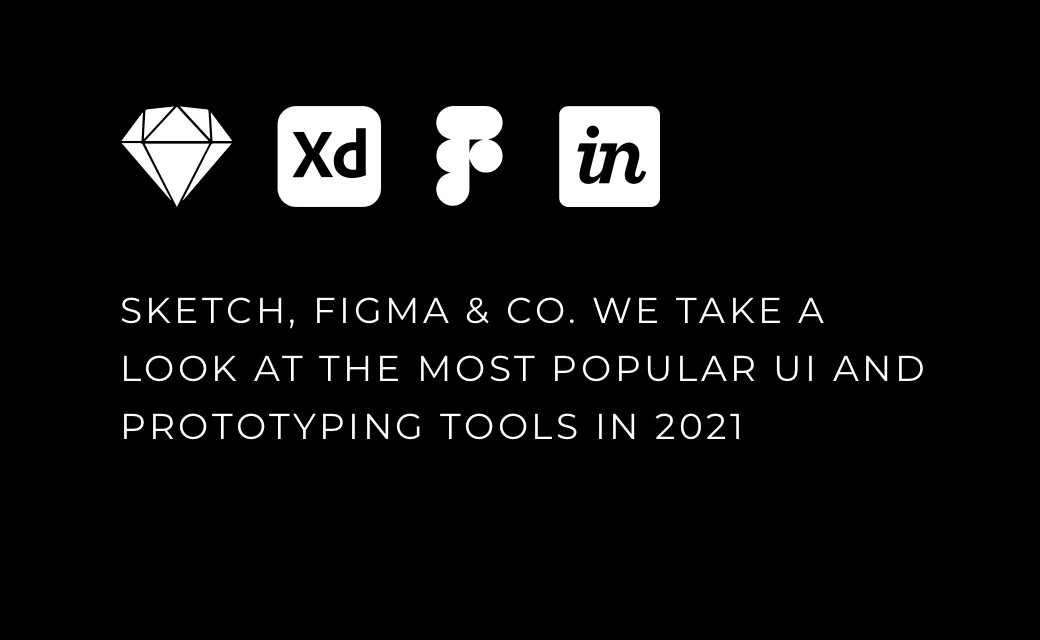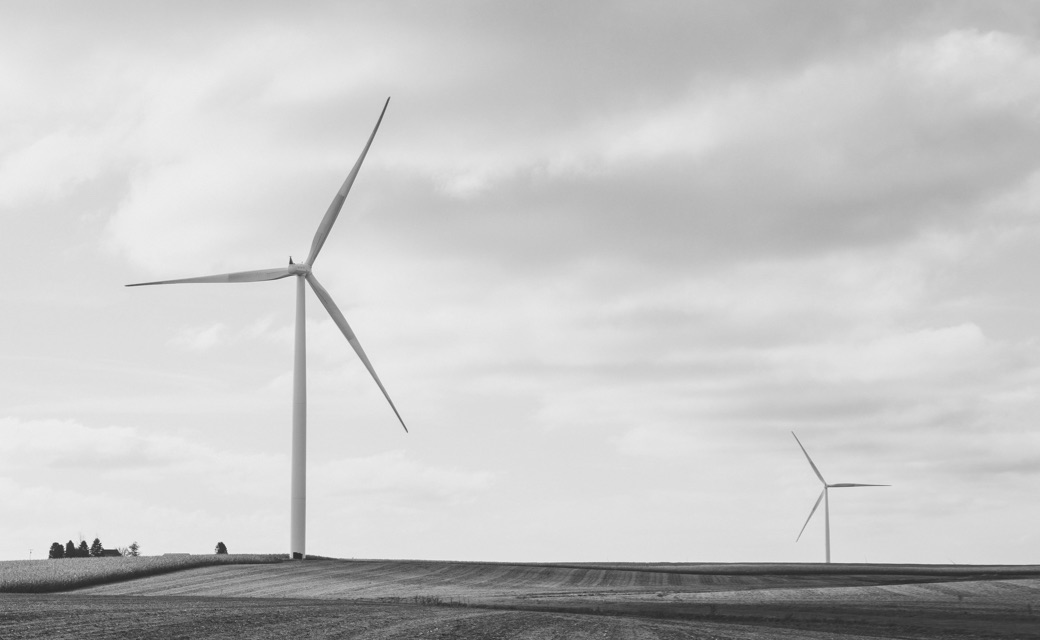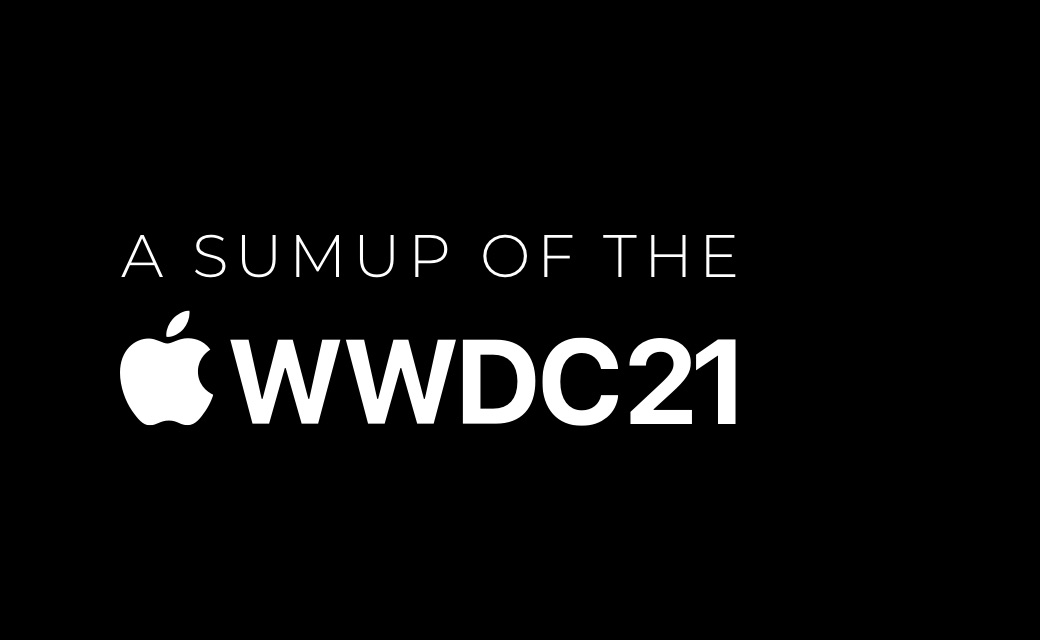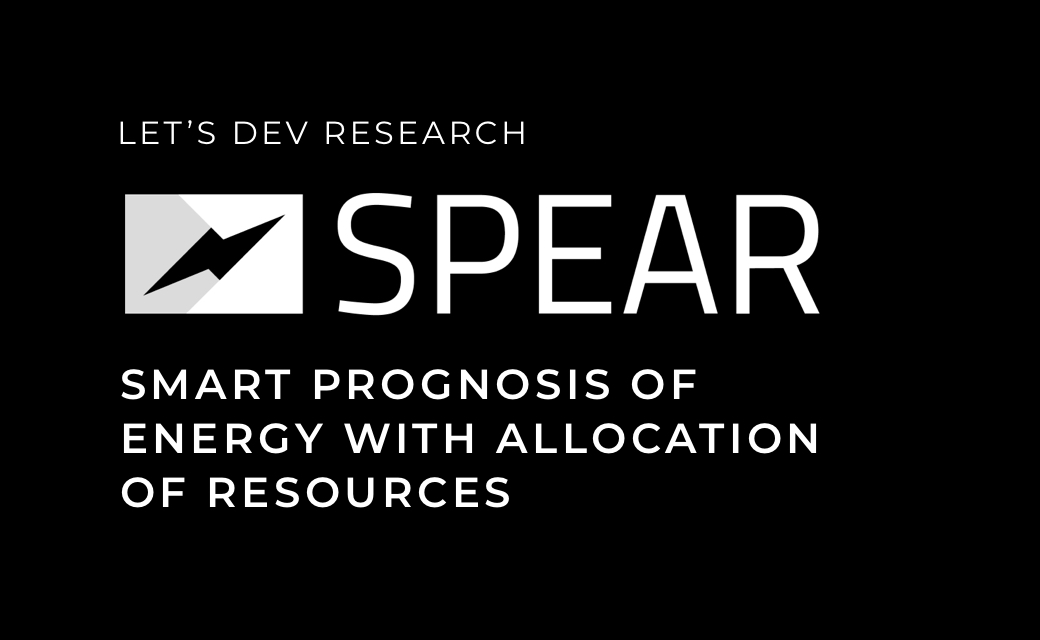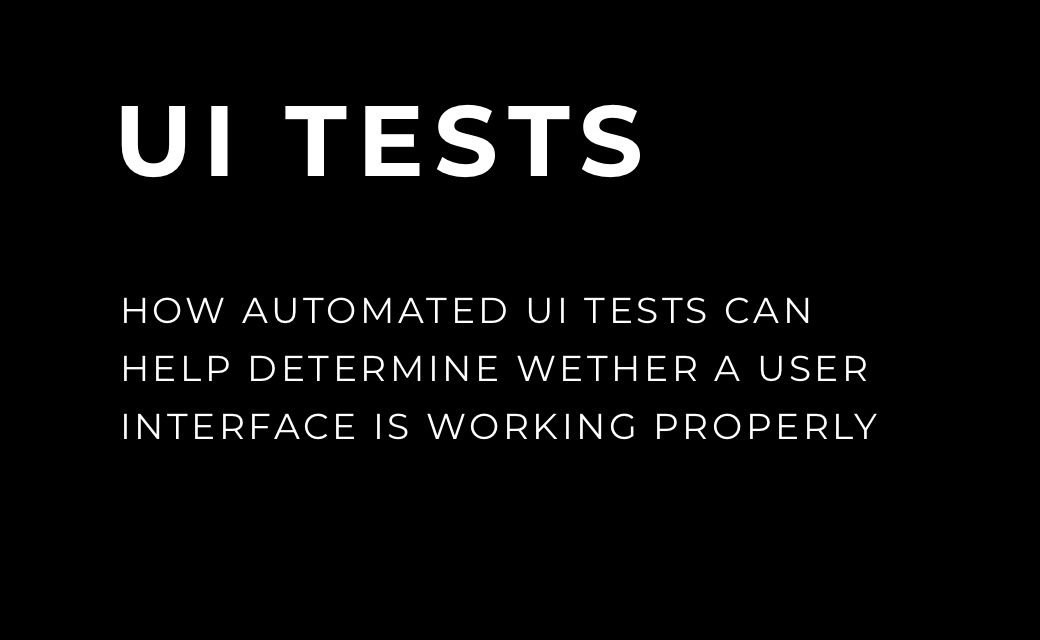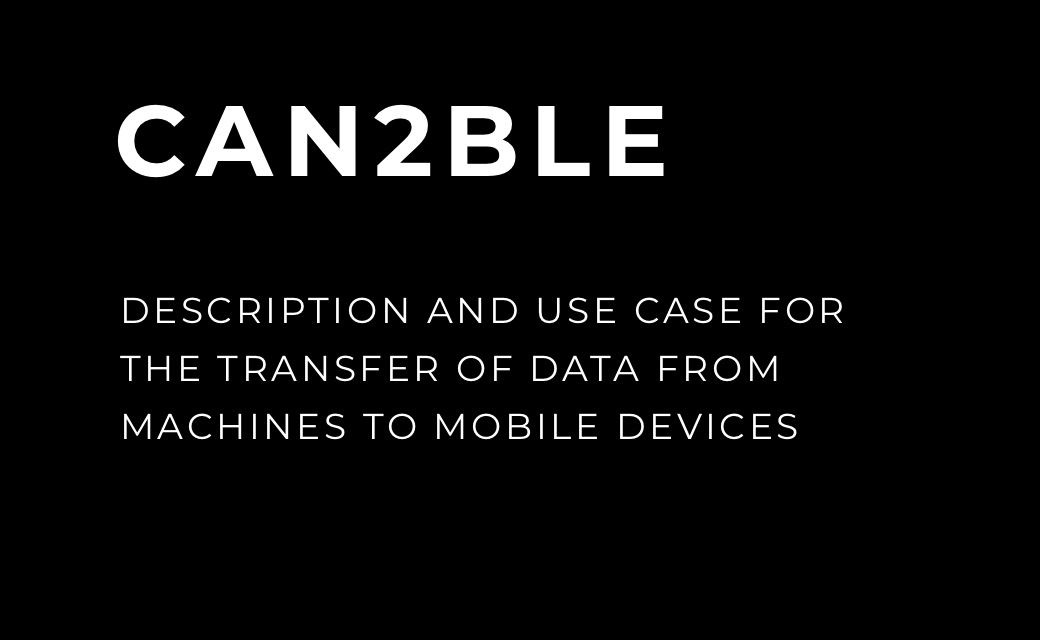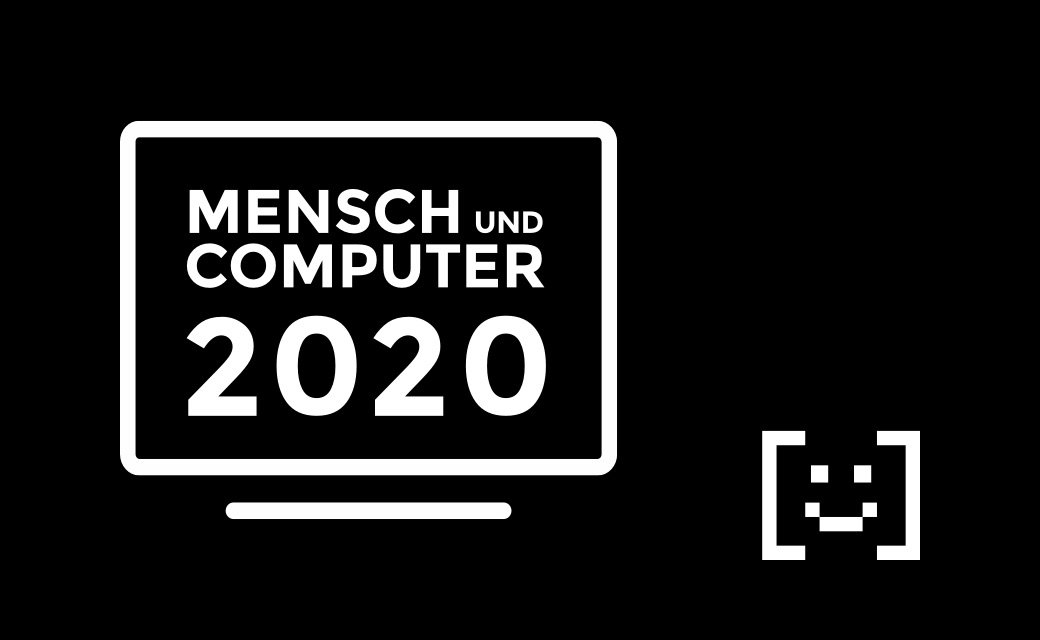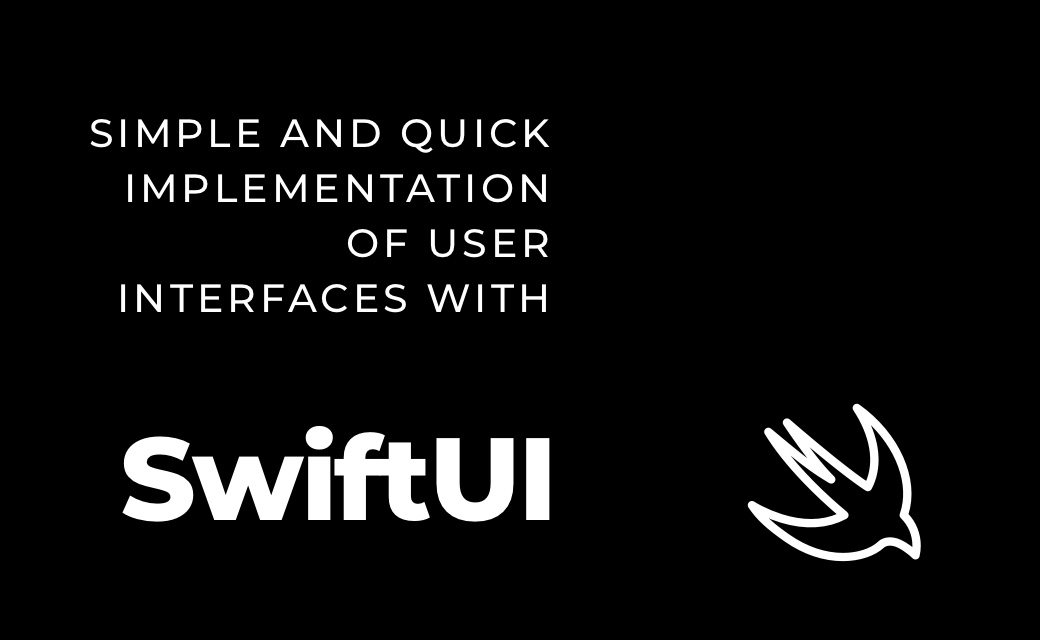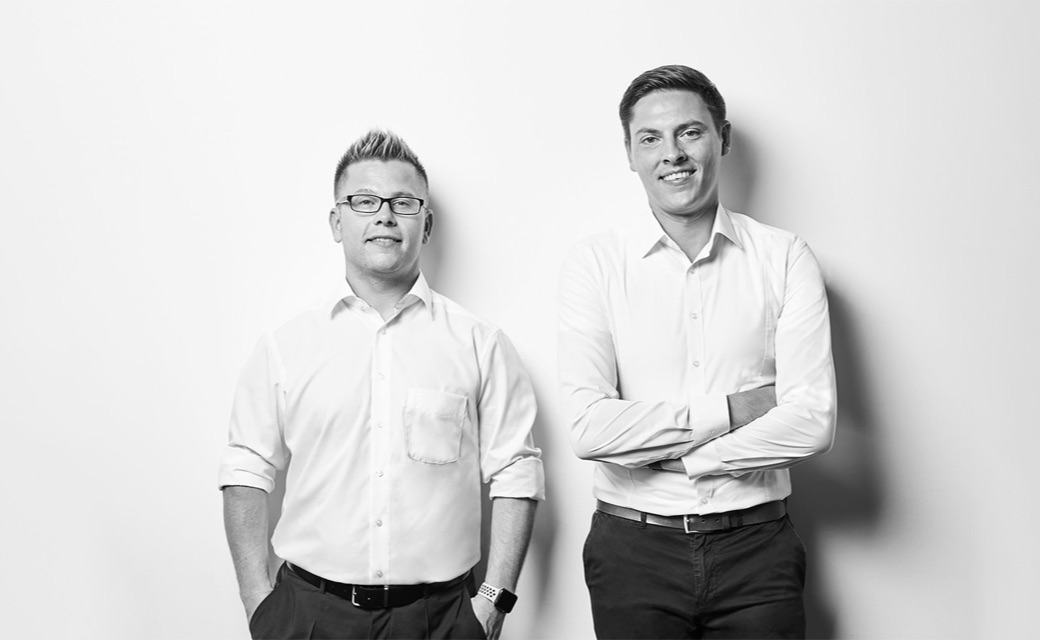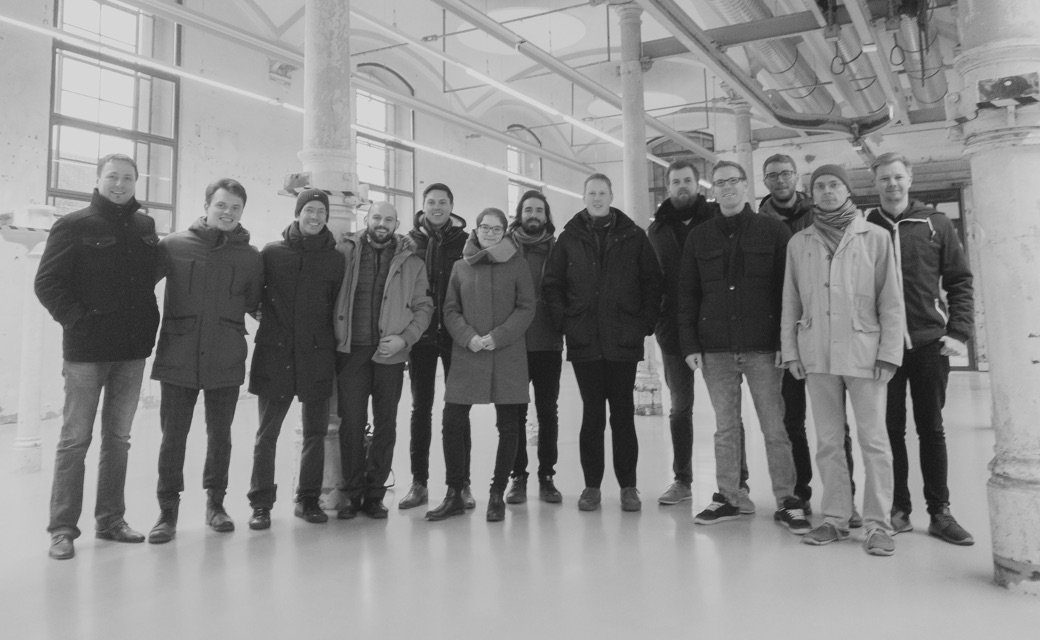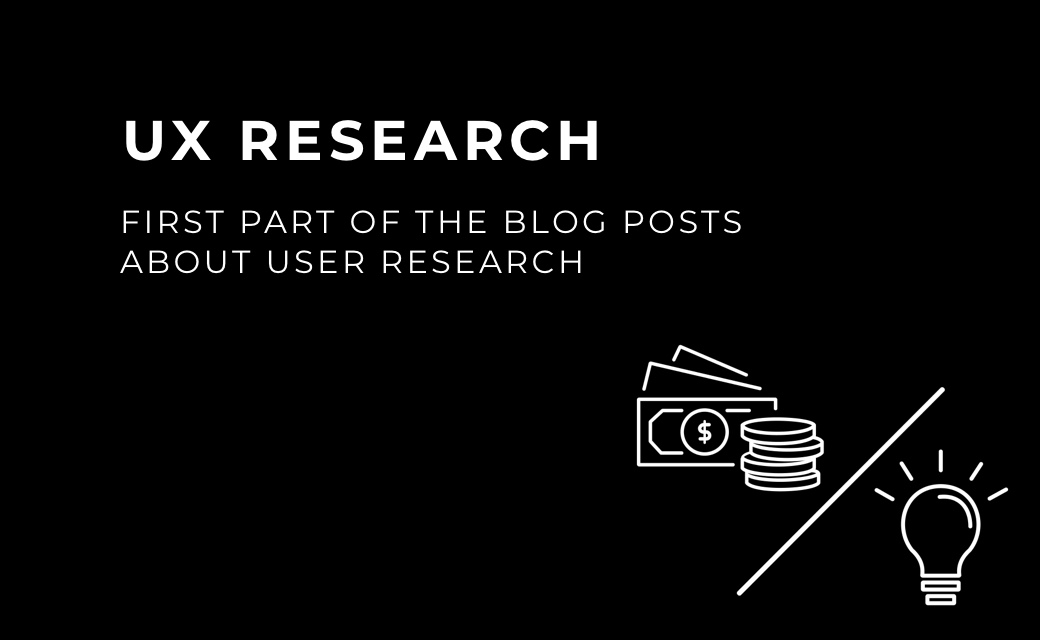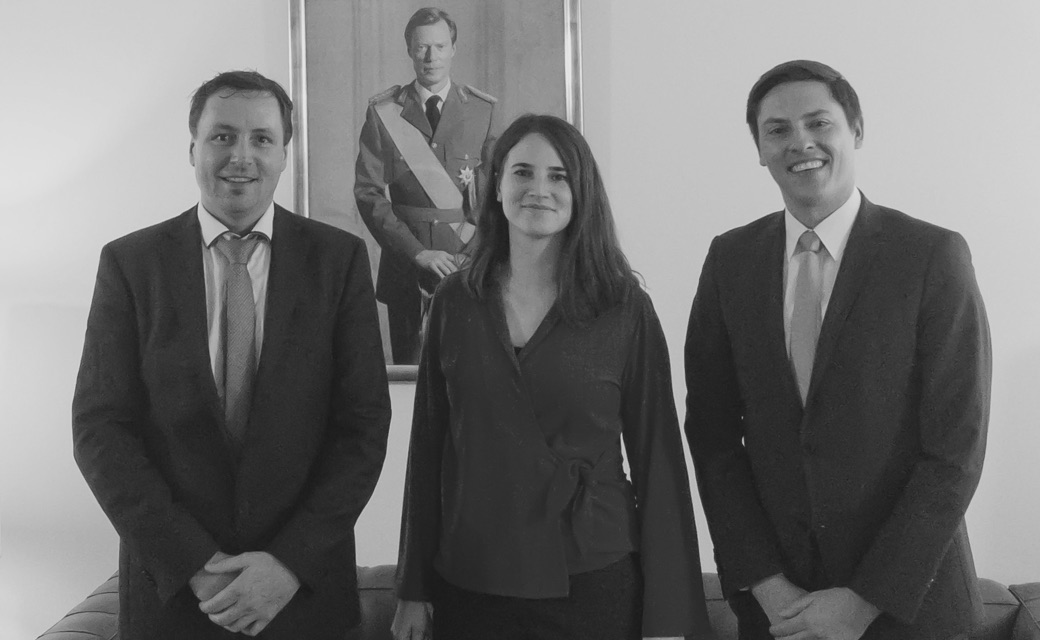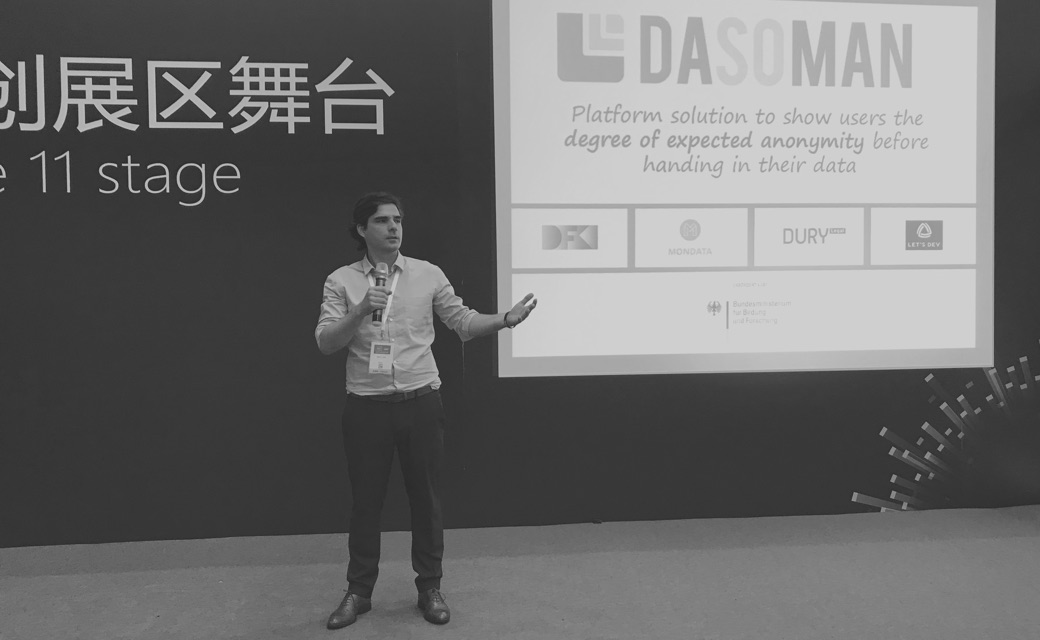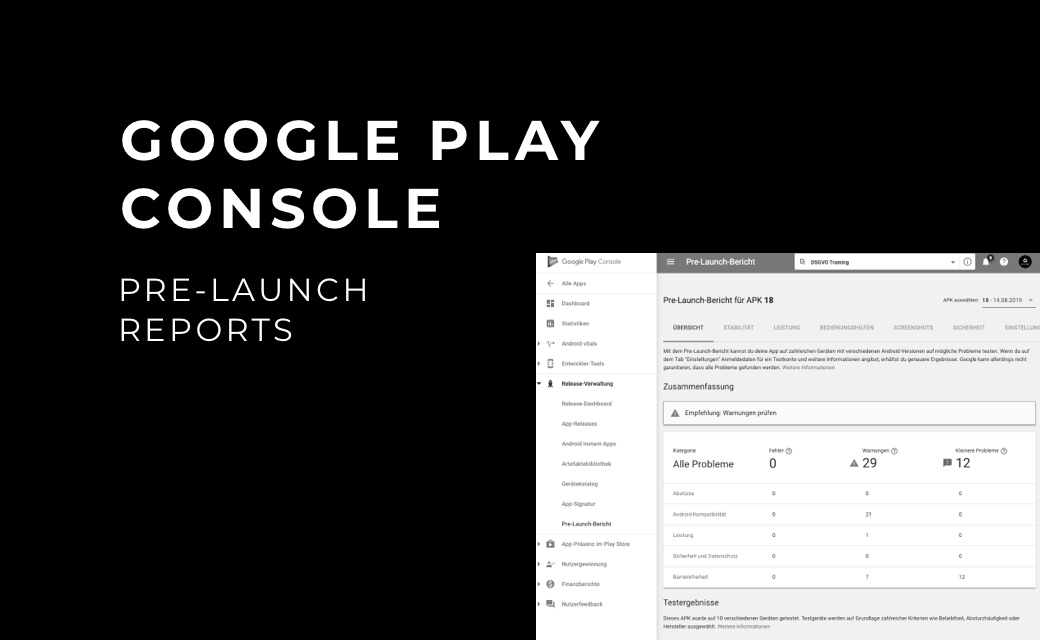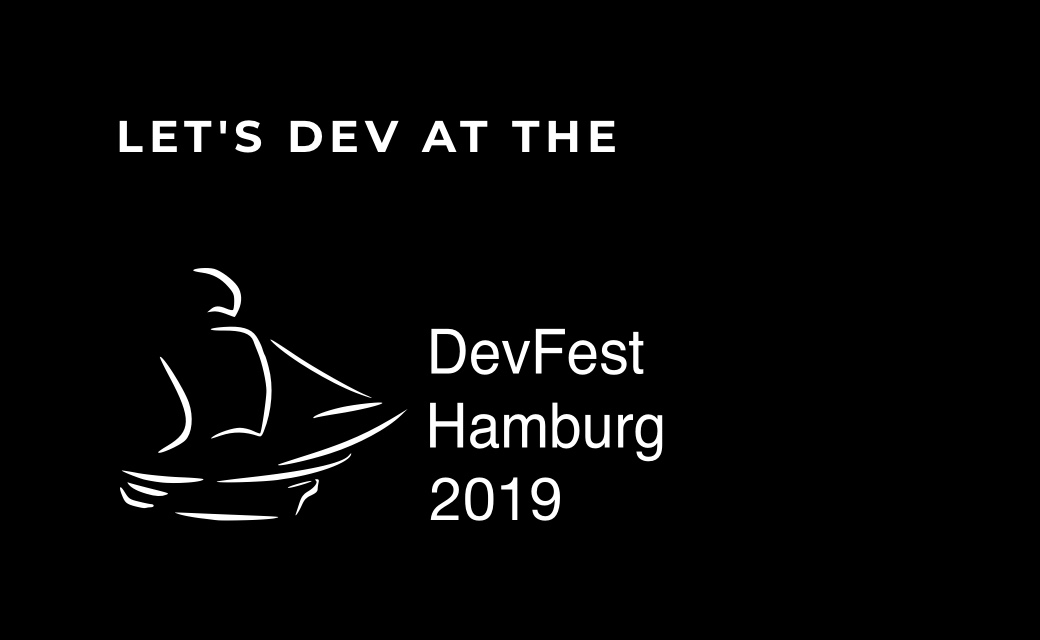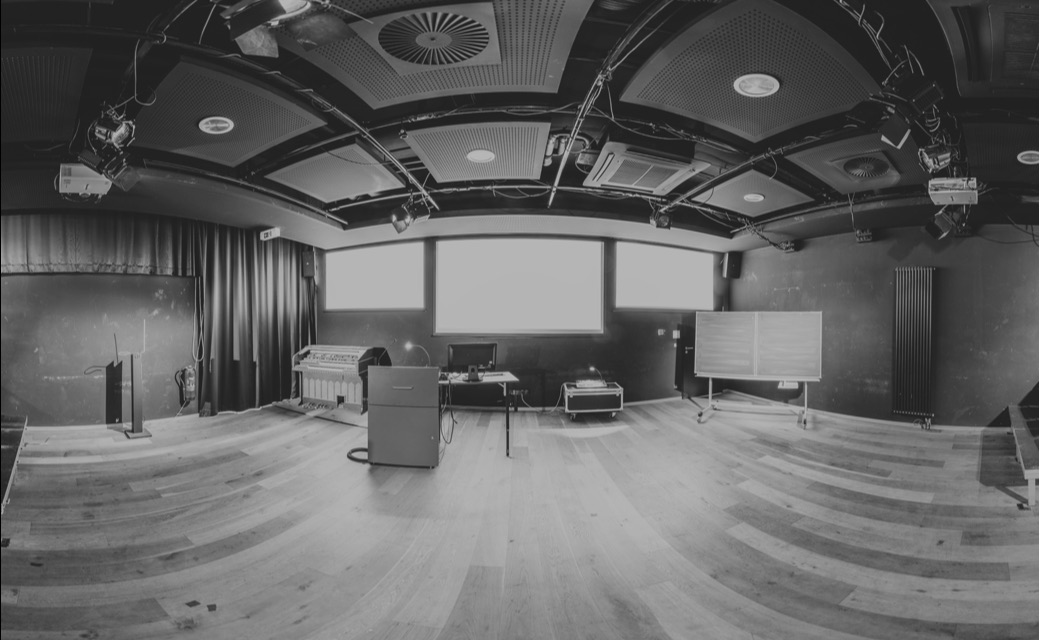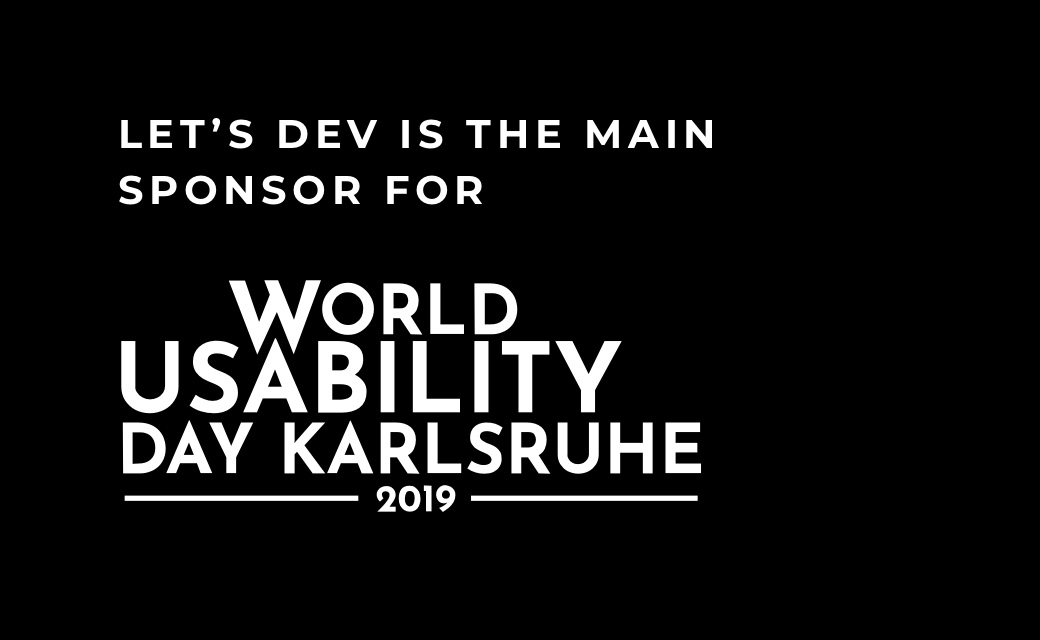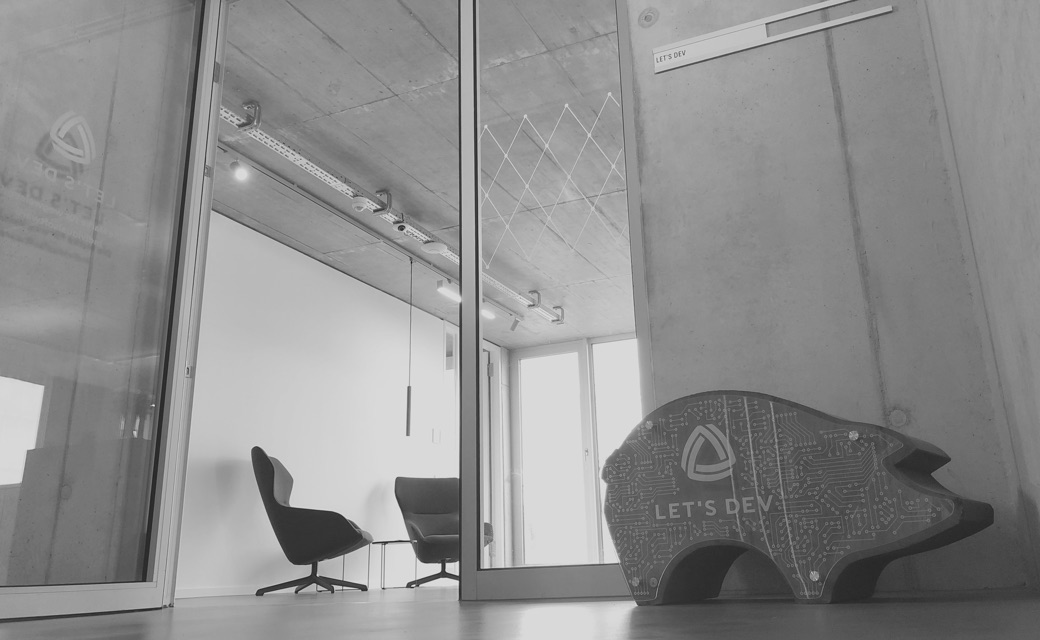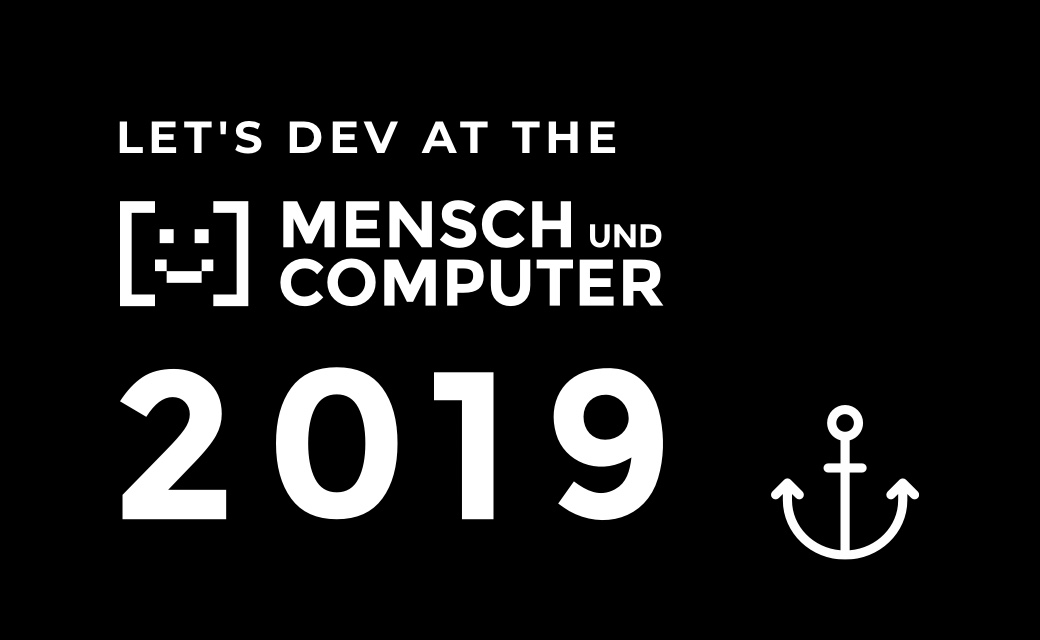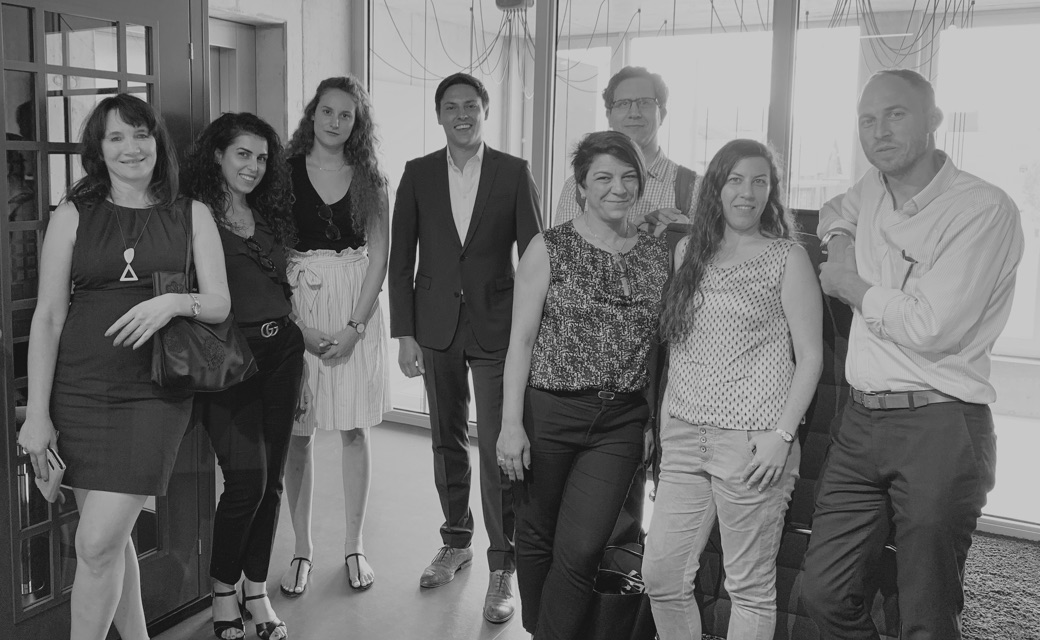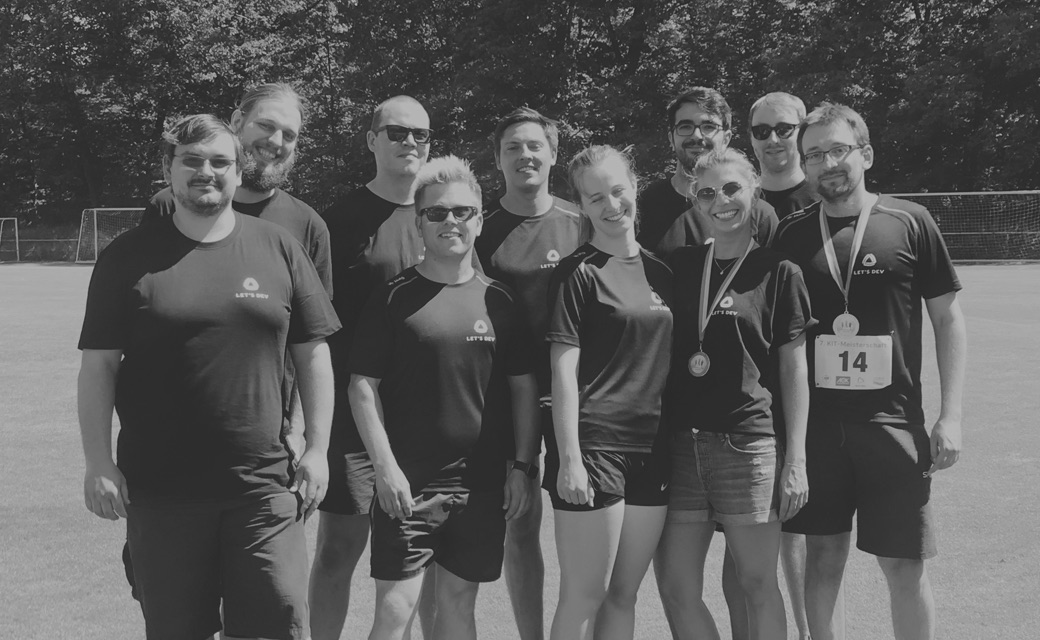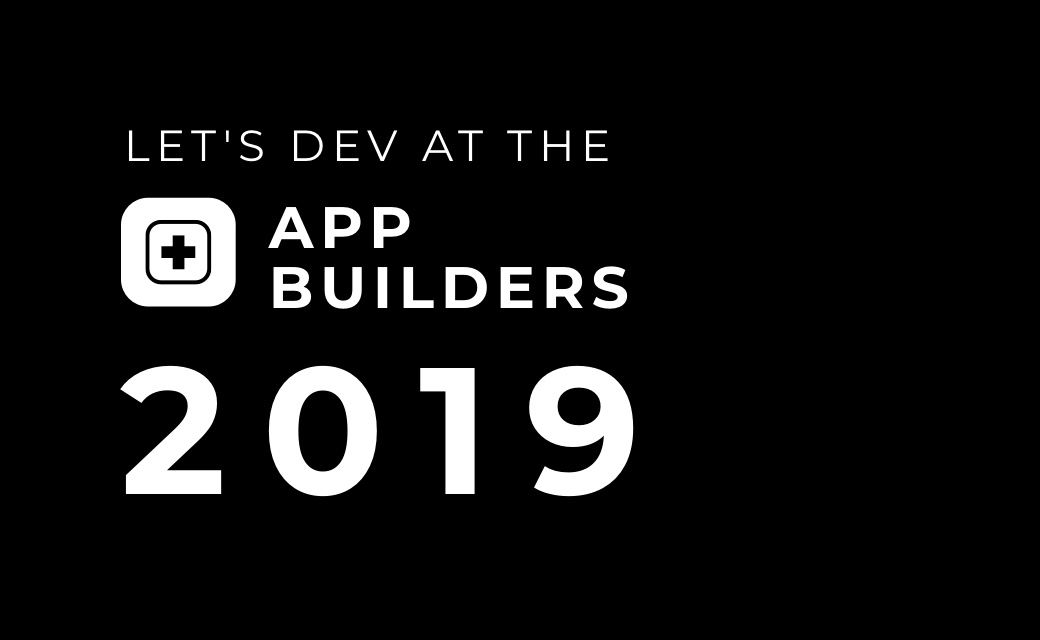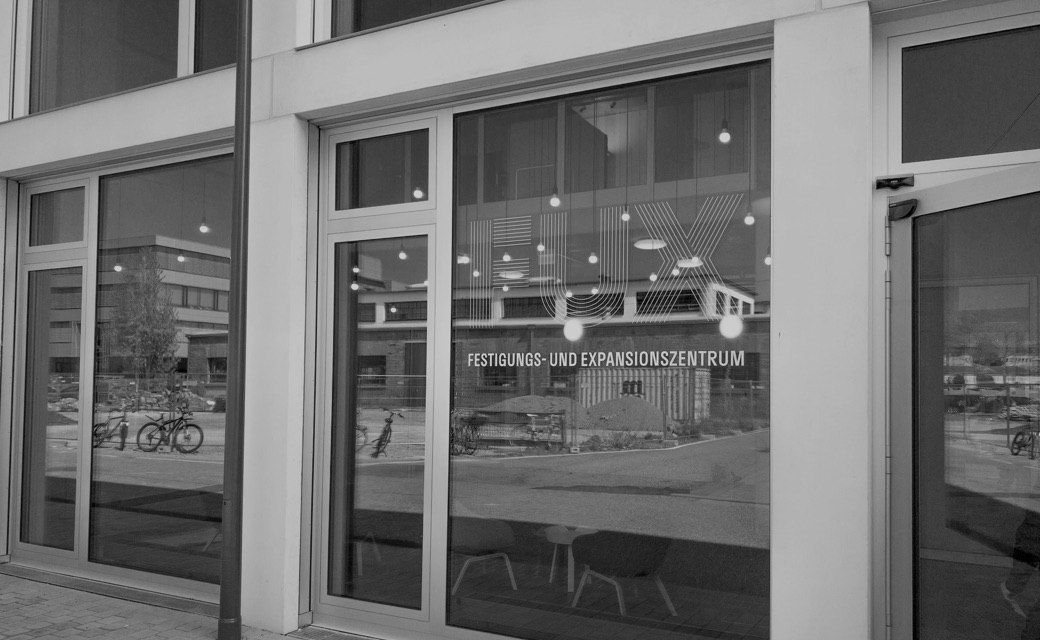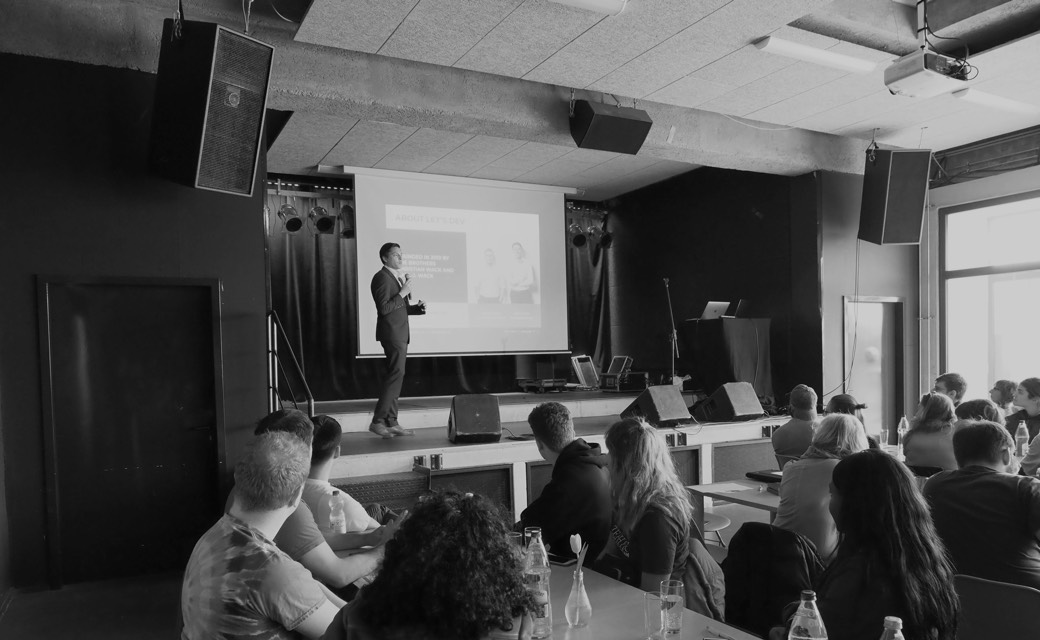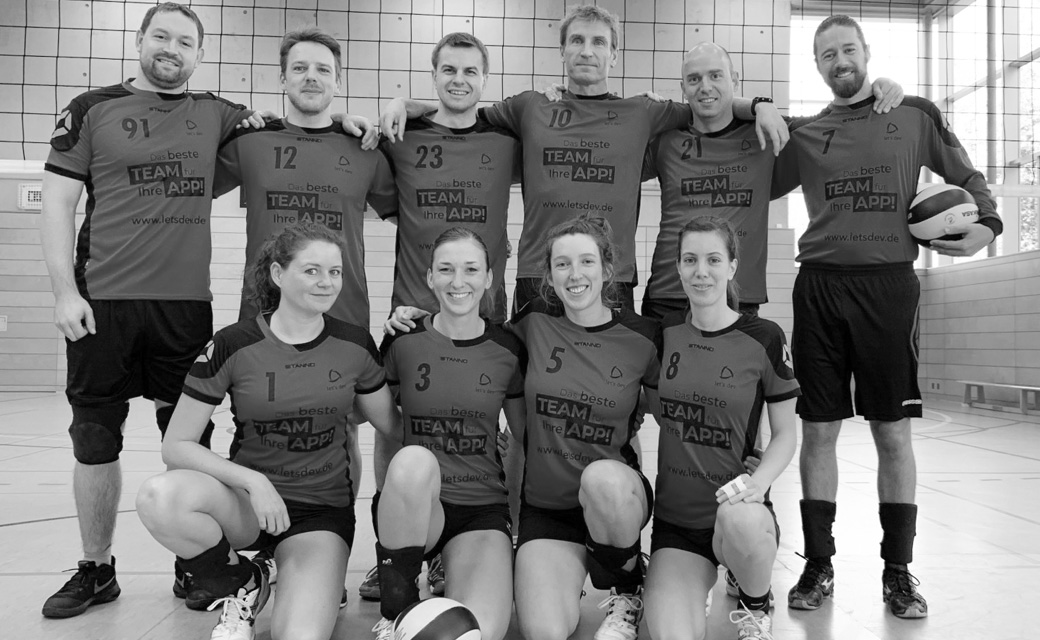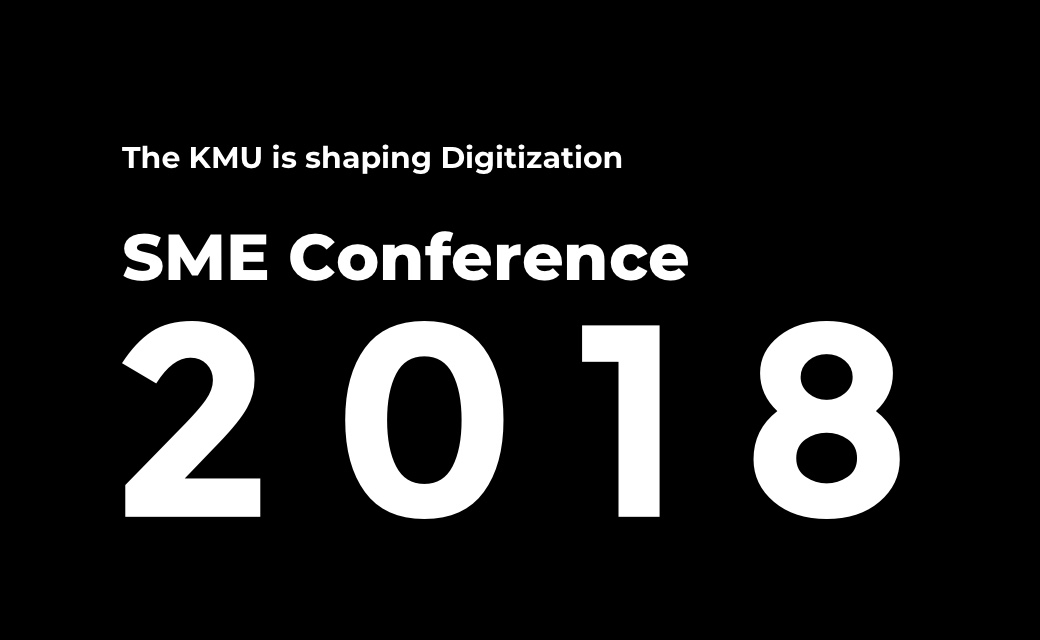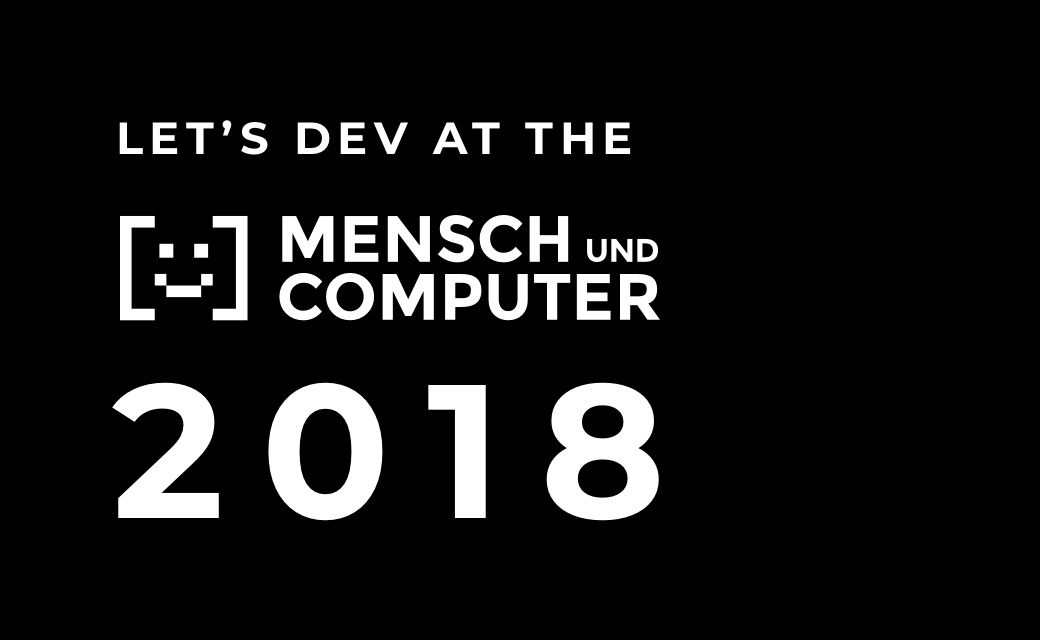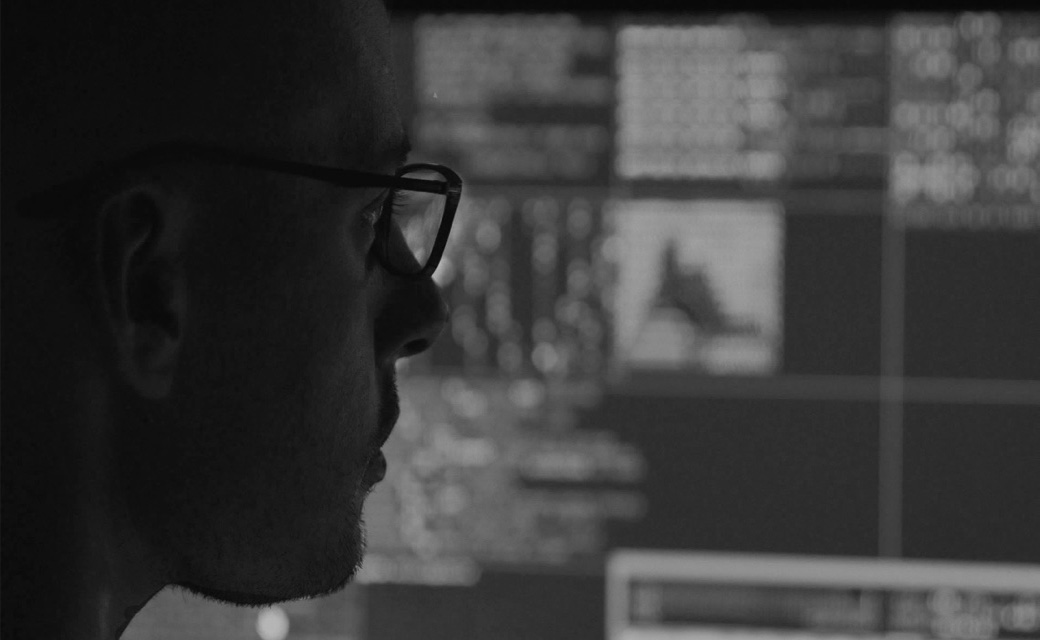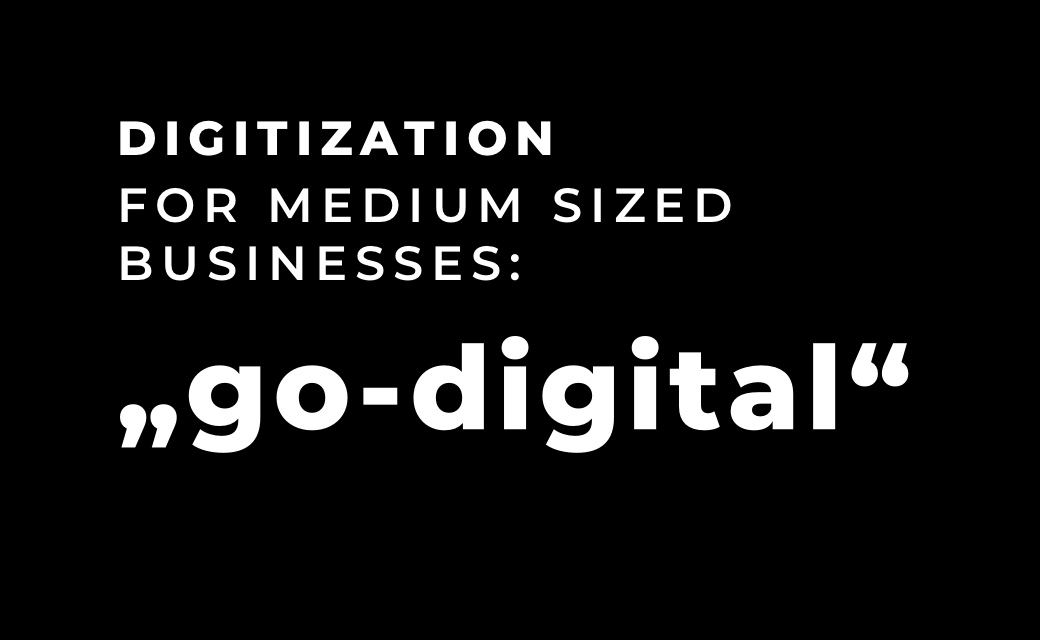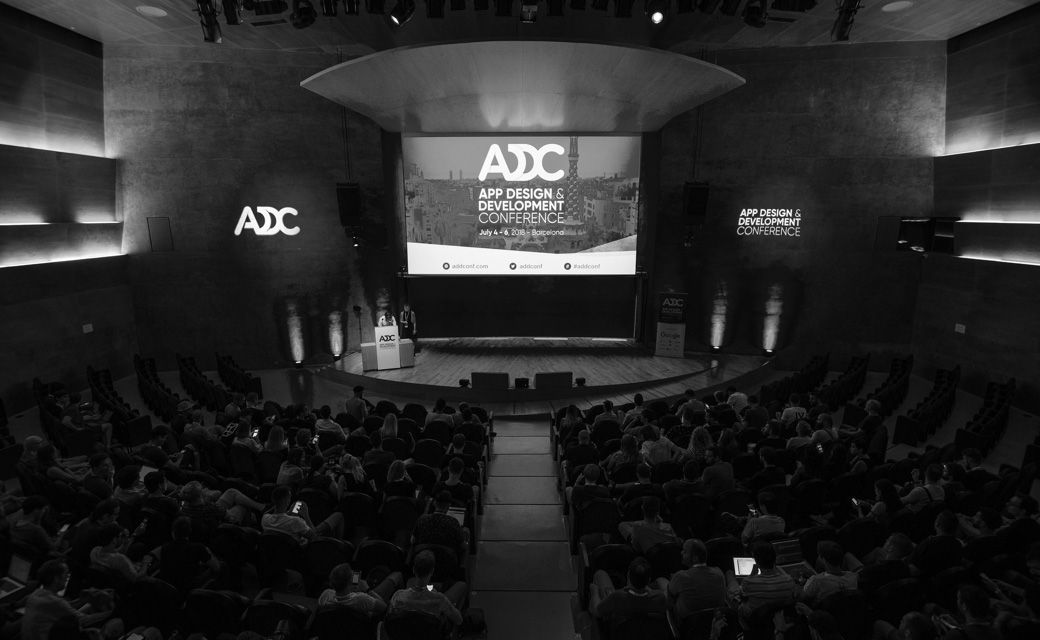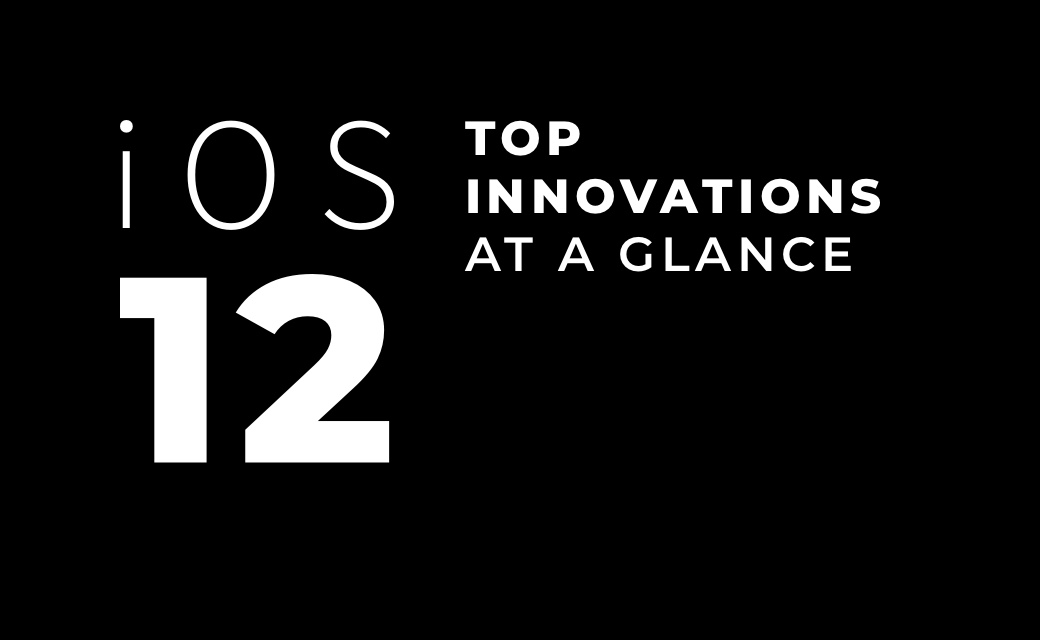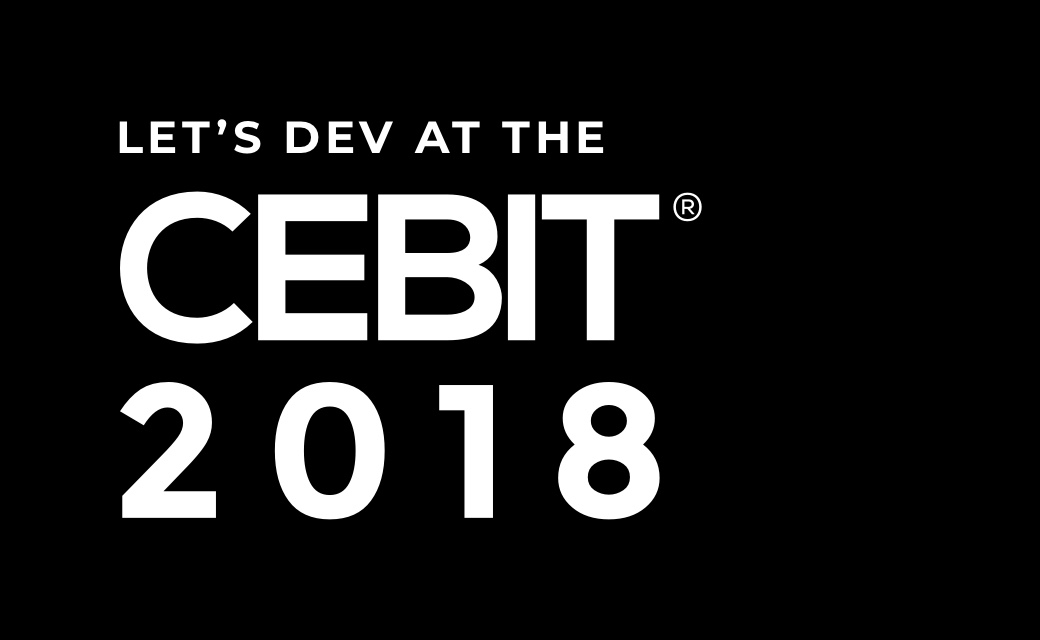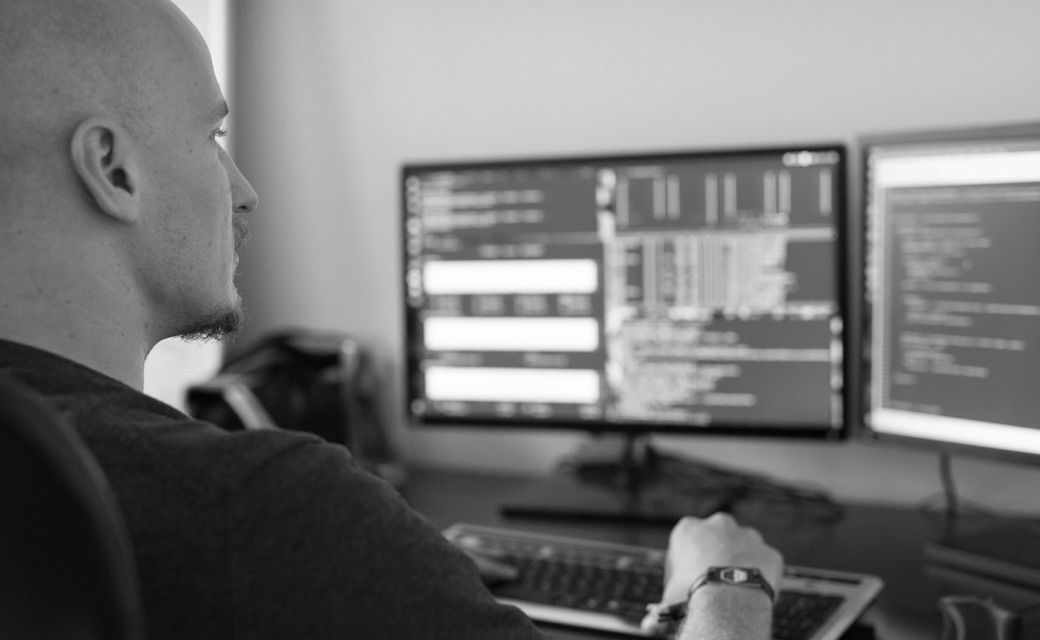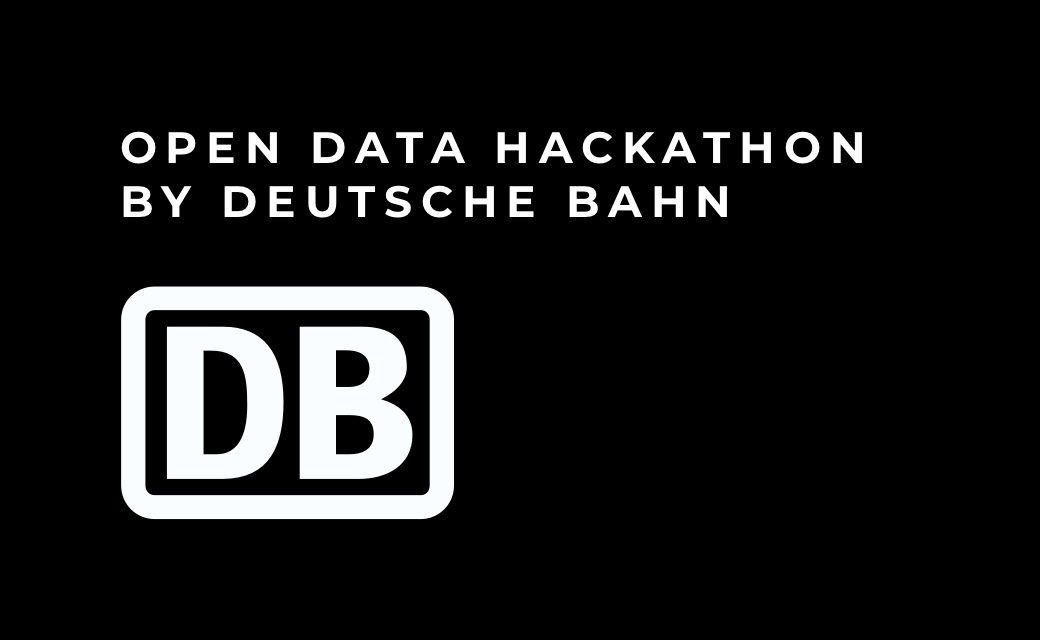FUNDING INITIATIVE
The lead project H2Giga is developing possibilities for the series production of water
electrolysers in order to make the
production of green
Hydrogen competitive and to minimize production errors. Concrete information about
H2Giga can be found on the official
H2Giga
homepage and via the explanatory video.
CONSORTIUM
The consortium of the project FertiRob under the leadership of Ruhr-University Bochum
consisted of the following partners:
- ABB AG
- Automation W+R GmbH
- Autoproc GmbH & Co. KG
- Boll Automation GmbH
- EKS InTec GmbH
- ESSERT GmbH
- FFT Produktionssysteme GmbH & Co. KG
- IBG Automation GmbH
- inpro GmbH
- ISRA VISION AG
- Karlsruher Institut für Technologie
- let's dev GmbH & Co. KG
- Ruhr-Universität Bochum
- RIF Institut für Forschung und Transfer e.V.
- Schmalz GmbH
PRESENTATION OF THE PROJECT
Within the scope of the project, automation solutions are to be developed for the various
sub-problems in the manufacture,
assembly and disassembly of stacks and electrolyzers. To enable efficient and flexible
applicability and to guarantee easy
scalability, a modular automation system is to be developed. The specification for an
electrolyzer is to be recorded via an
assistant. A digital product twin will be derived from this specification. Using the
modularization concept, a digital plant
twin including all necessary control programs will be derived from the product twin and
automatically transferred to a virtual
commissioning. After the corresponding commissioning, the twin is operated in parallel
and used in the context of quality
assurance, among other things.
To enable efficient and flexible applicability and to guarantee easy scalability, a
modular automation system is to be developed.
The following sub-goals will be pursued:
DEVELOPMENT OF CONCRETE AUTOMATION SOLUTIONS FOR TECHNICAL PROBLEMS
The development of partial automation solutions for all process steps in stack and
electrolyzer production is intended to
significantly reduce cycle times compared to manual production. The main focus is on the
development of innovative solutions for
currently unsolved problems.
MODULARIZATION AND SCALABILITY OF PRODUCTION PLANTS
For simpler plant planning and, above all, better scalability in later operation, the
automation solutions are to be modularized
and constructed with standardized interfaces. The development of a set of rules for
combination and configuration is to form the
basis for automatic and thus faster plant engineering. The focus is also on automatic
layout planning and generation of conveyor
concepts for the integration of the production modules.
AUTOMATIC PLANT ENGINEERING BASED ON PRODUCT BOUNDARY CONDITIONS
In order to drastically reduce the effort and time required for the planning and
implementation of production plants for stacks
and electrolysers, a planning procedure is to be developed and production modules can be
automatically selected, parameterized
and linked on the basis of product boundary conditions (dimensions, weight, design,
material, etc.). Methods are to be
developed, such as control programs or individual components, such as adapter flanges or
gripper fingers, which can be generated
automatically.
CONTINUOUS VIRTUAL AND REAL QUALITY ASSURANCE AND DOCUMENTATION
A continuous virtual and real quality assurance for the estimation of product qualities
in the plant planning process and an
automatic quality documentation with the help of the digital product twinning will be
developed. At the same time, methods for
autonomous error detection and handling in the production process are to be developed
for higher process stability.
DEVELOPMENT AND USE OF THE DIGITAL TWIN OF PRODUCT AND PLANT
In order to achieve a faster plant planning process with a higher process quality, the
digital product twin and digital plant
twin are to be used. The focus is on the development of neutral and standardized data
structures, as well as operating concepts
for transferring the twins from the planning phase to the operating phase of the
production plants.
WHAT IS ELECTROLYSIS?
Electrolysis refers to a chemical reaction in which a starting material is split into
higher-value energetic (i.e., chemically
more valuable) building blocks with the help of electric current. For example, the
electrolysis of water yields hydrogen as an
energy carrier in addition to oxygen.
FERTIROB CONTRIBUTION TO THE GOALS OF THE H2GIGA LEAD PROJECT
By automating complex manual process steps, the results of the FertiRob project increase
productivity in the production and
assembly of electrolyzers. The automation solutions developed are expected to achieve an
average reduction in cycle time of 50%
compared with manual production. Due to the modularization concept, there is a high
transferability of individual solutions to
other subprojects, which makes a significant contribution to the overall objectives. As
a result, this group of innovative
automation solutions effectively contributes to the implementation of serial production
of electrolyzers.
The development of automated plant planning and configuration for the production of
electrolyzers reduces the large amount of
work currently required and thus leads to faster implementation and dissemination of
automated production plants for
electrolyzer manufacturing. The time required for engineering a production plant is
expected to be reduced by an average of 60%.
By making it faster and easier to implement automated production facilities for
electrolyzers, the collaborative effort
contributes to H2Giga's goals for faster scaling of hydrogen production.
Stay tuned!
The project website https://fertirob.de provides continuous
information about the progress of the project.
We kindly invite you to visit the site regularly.

